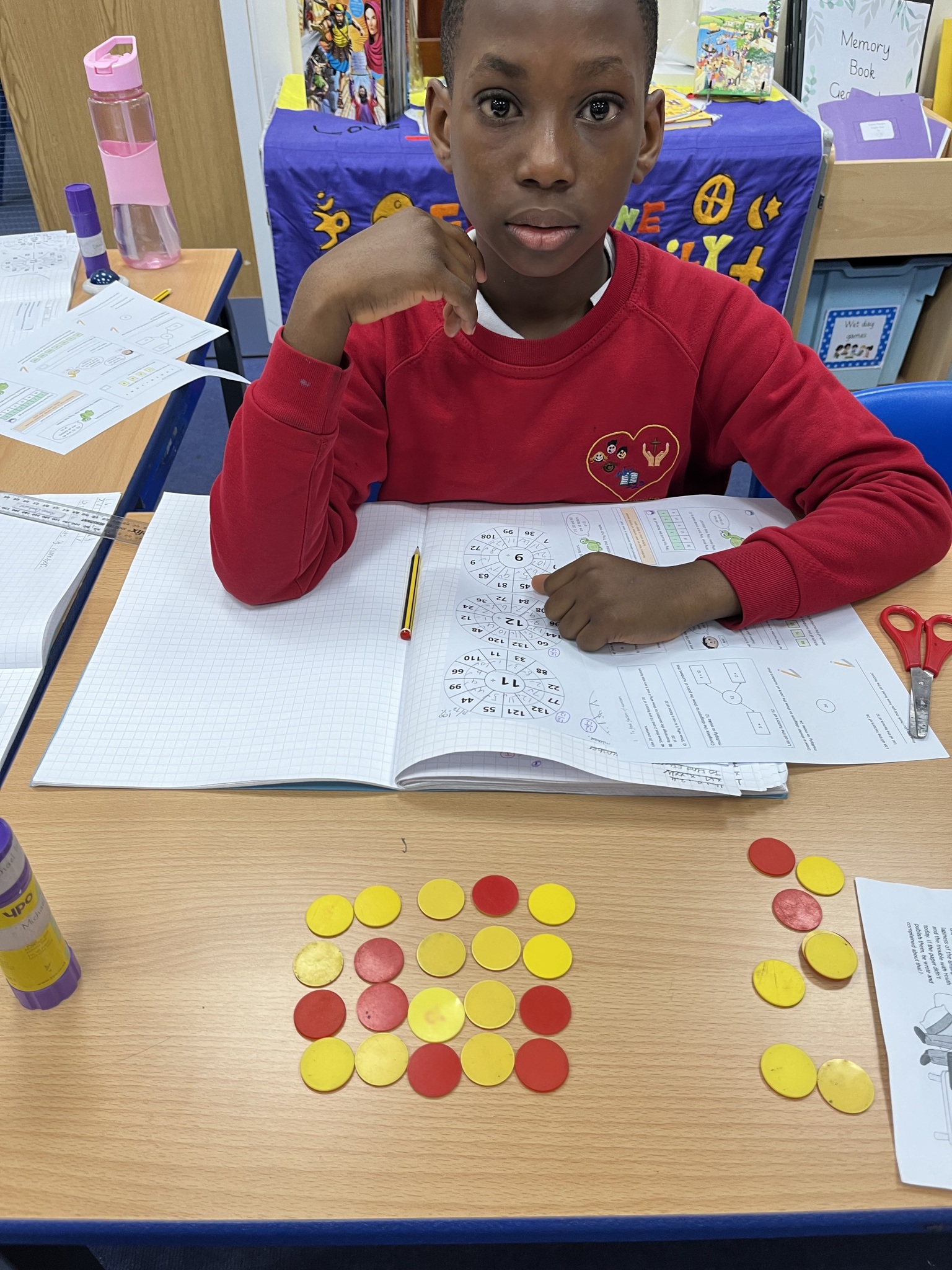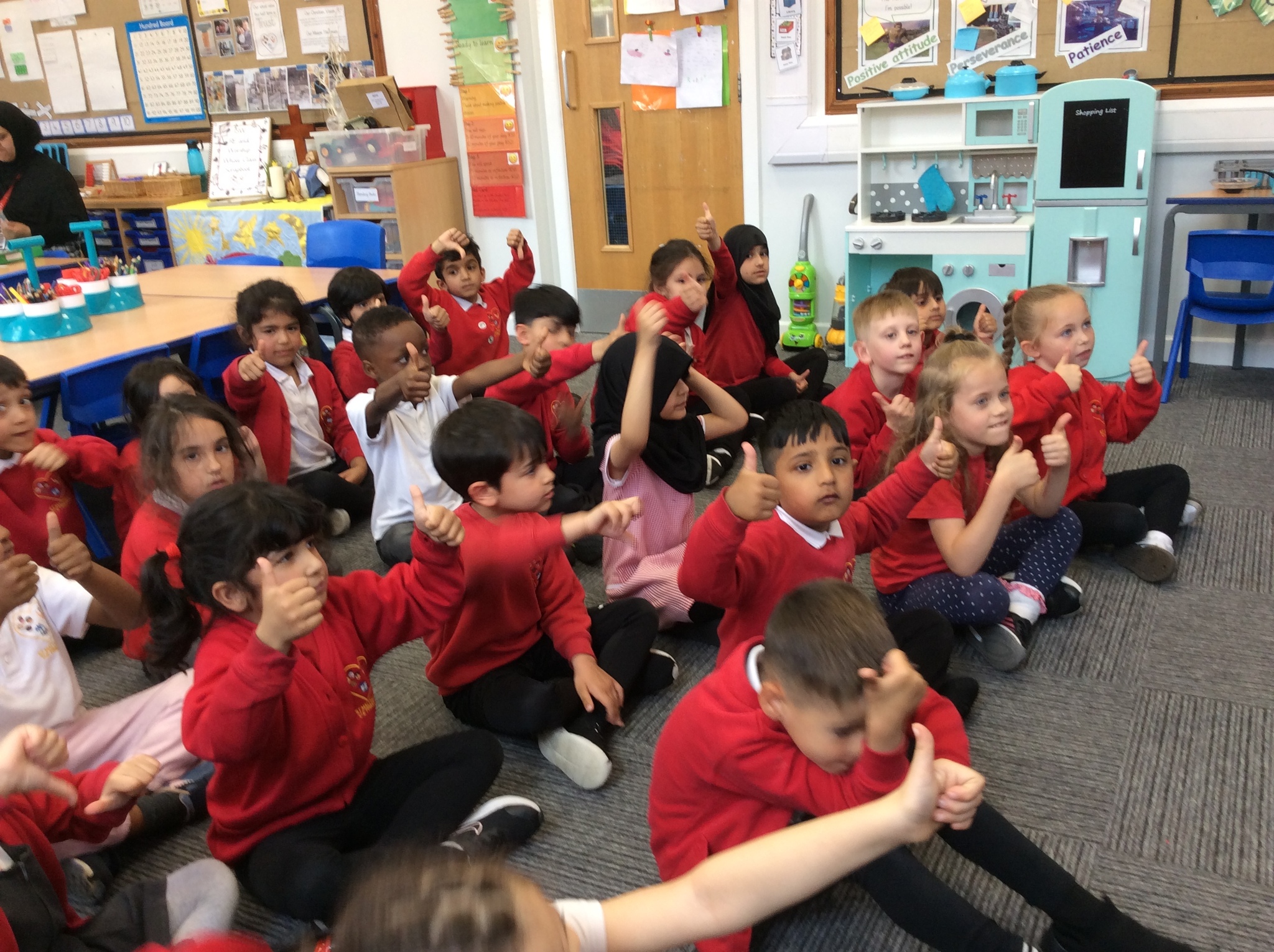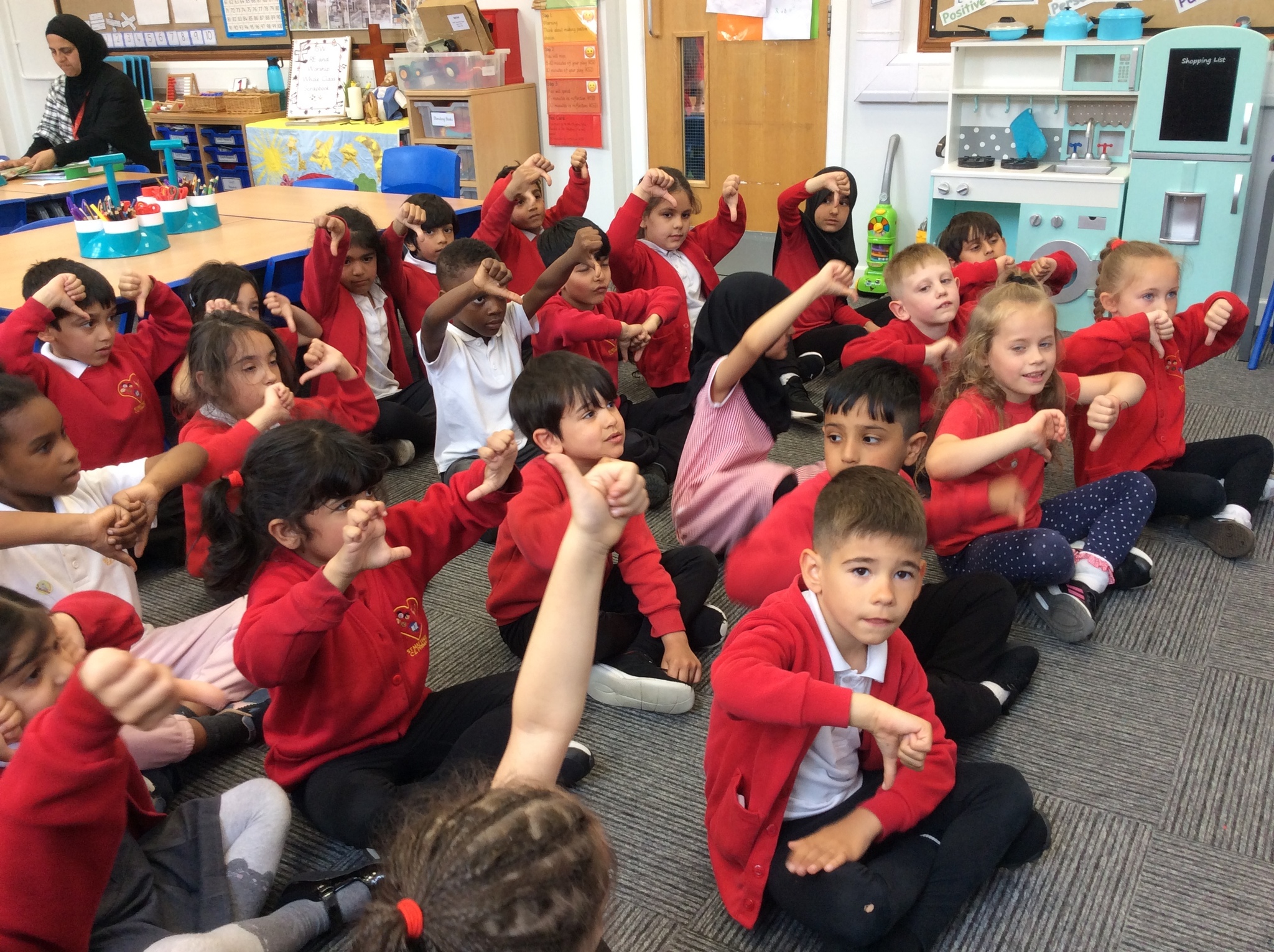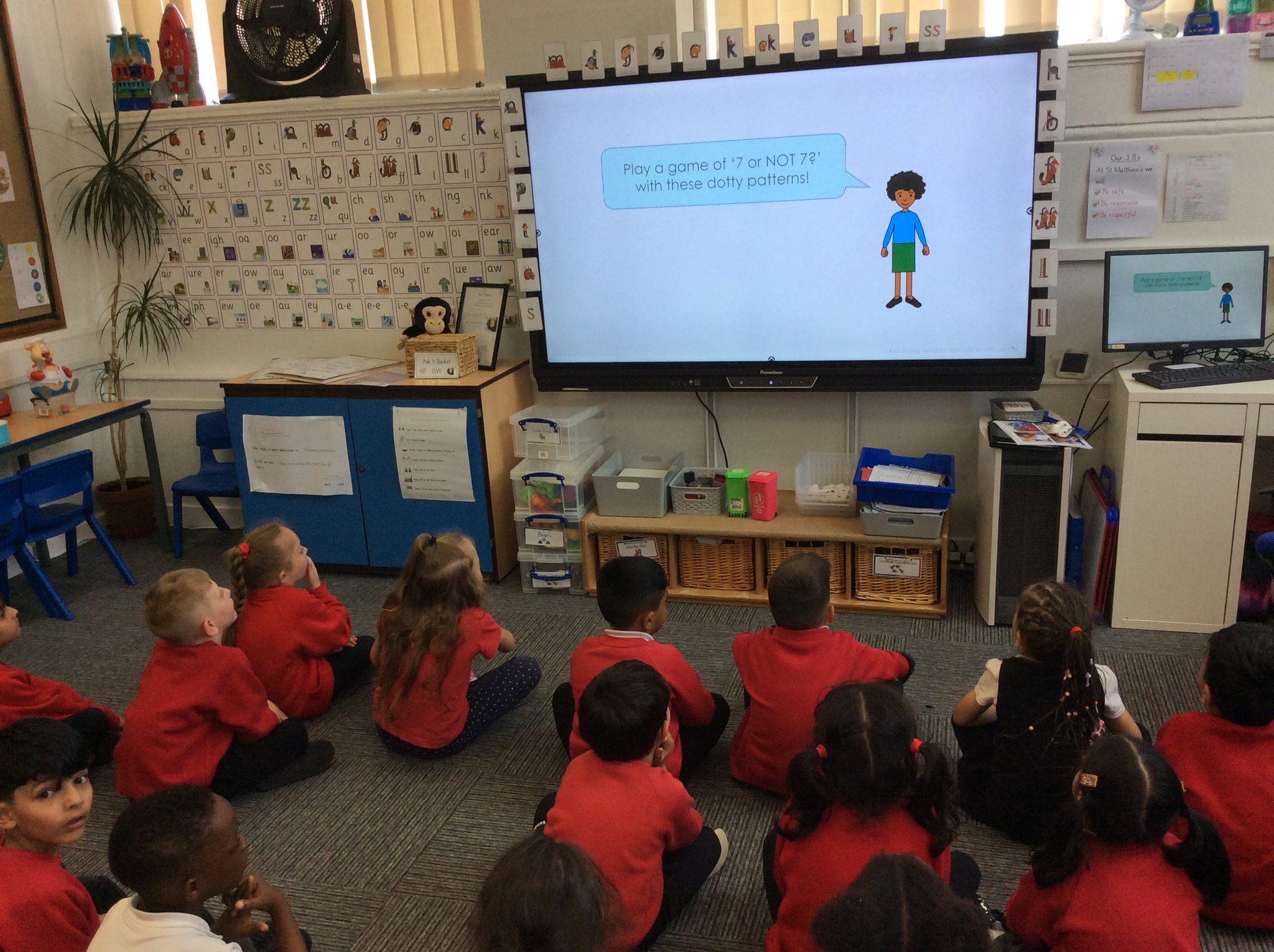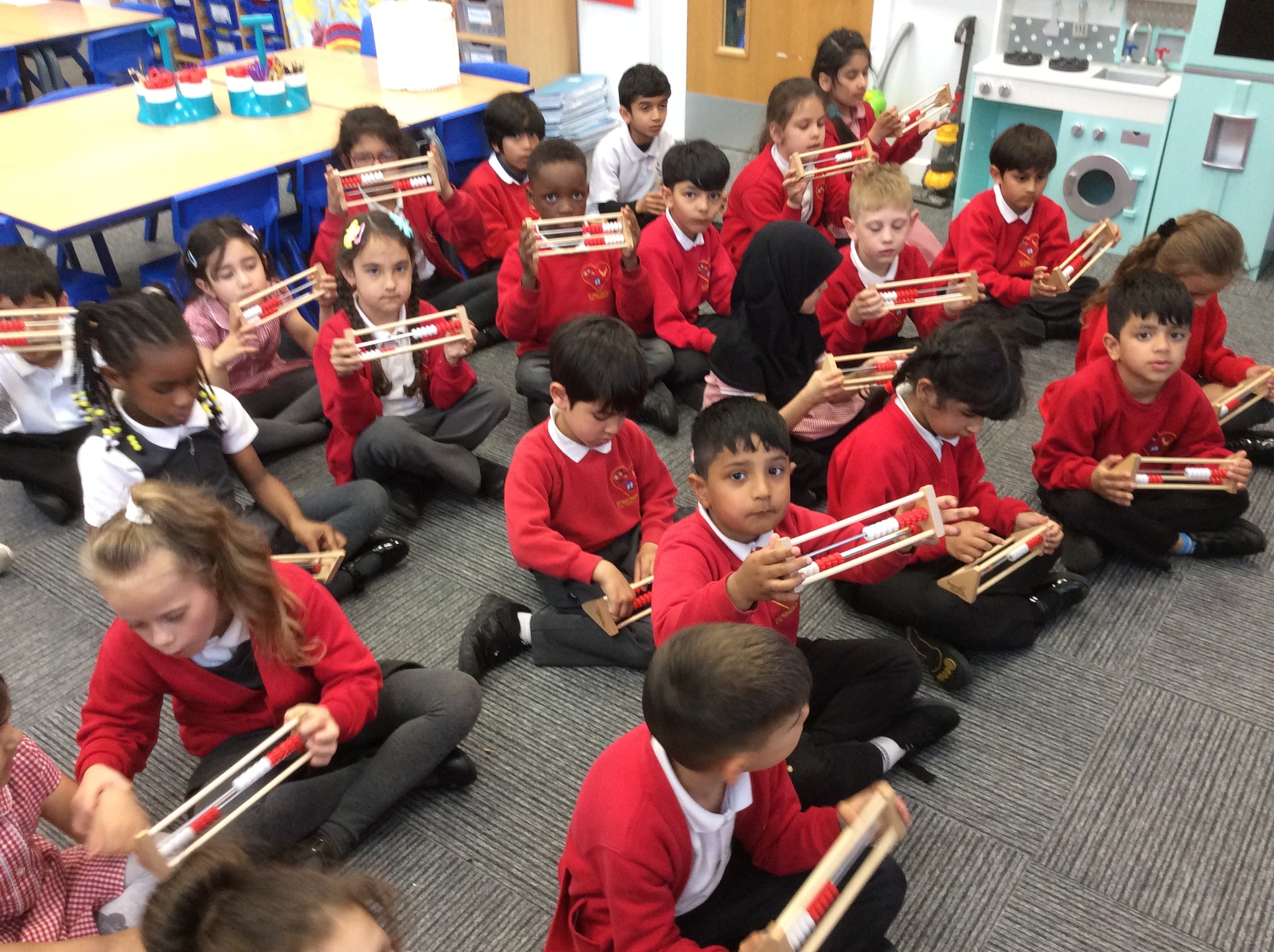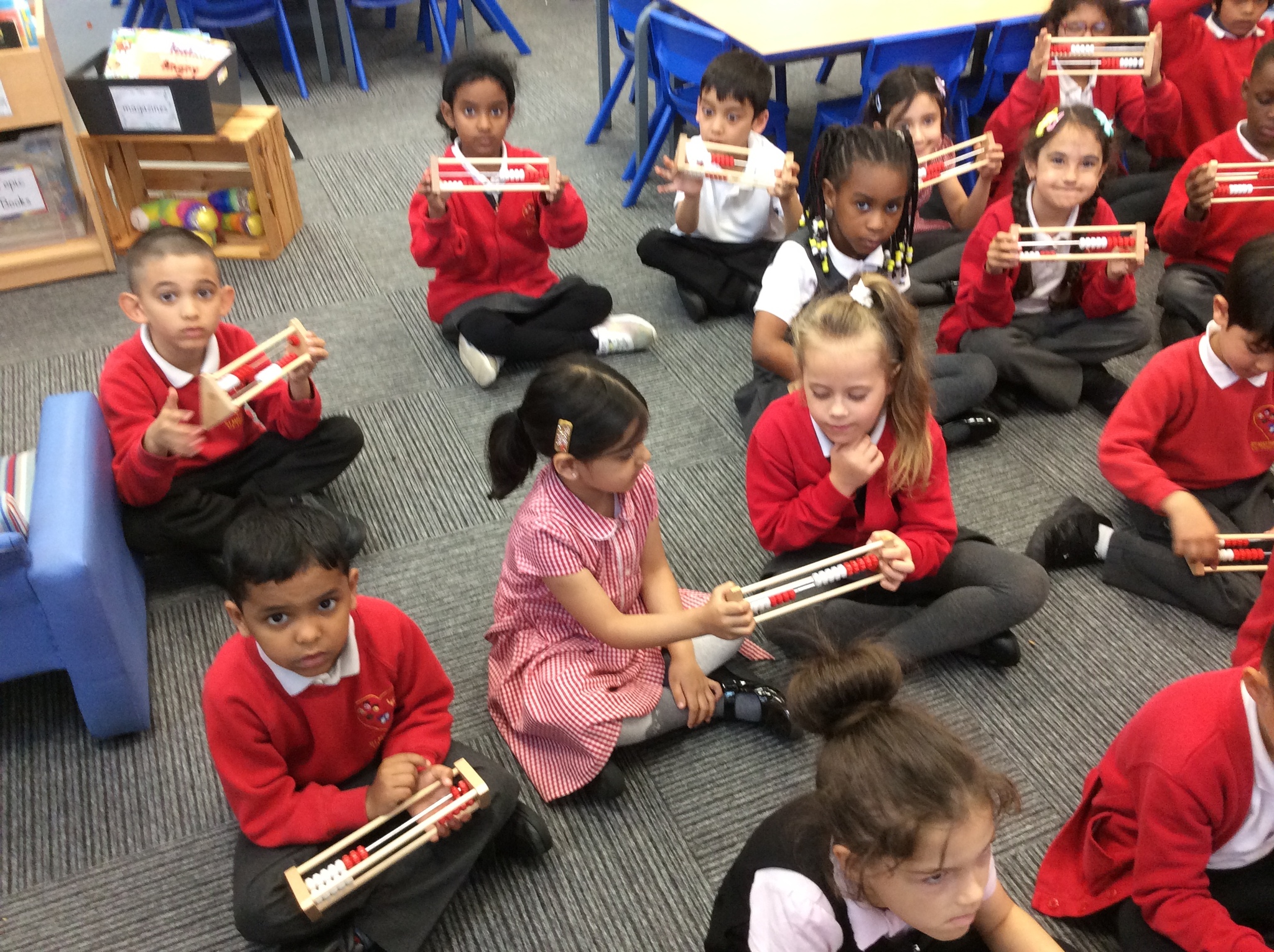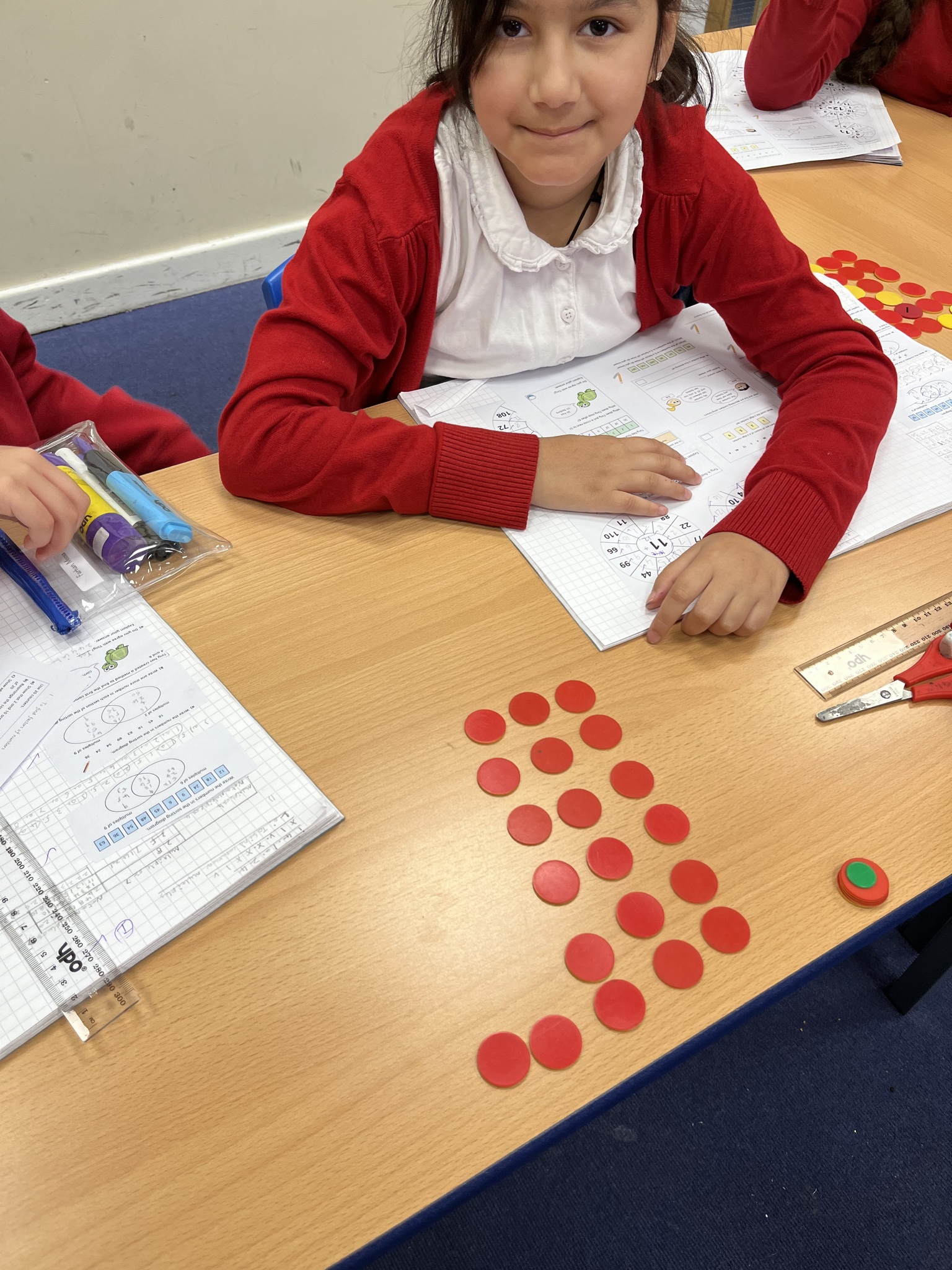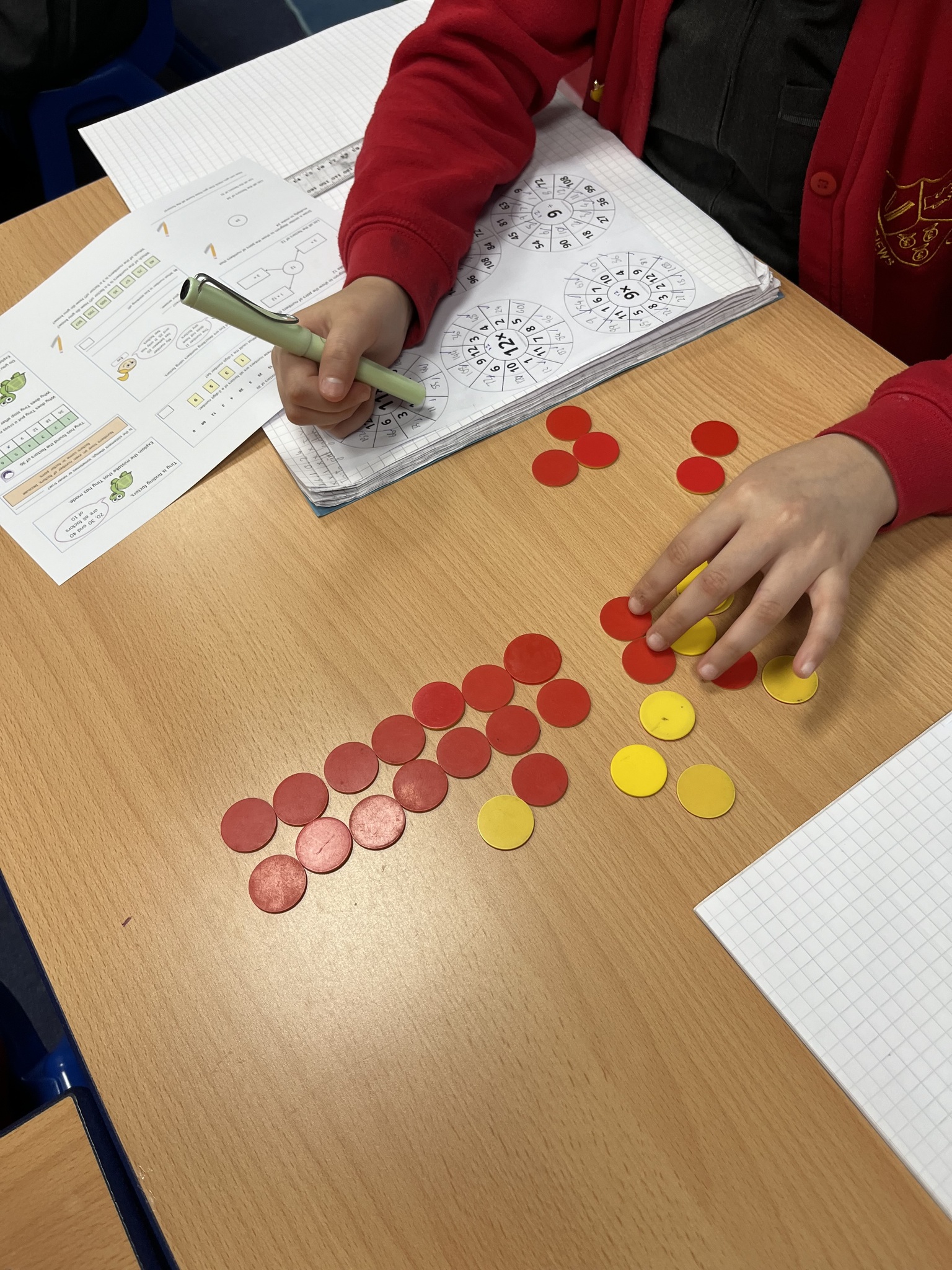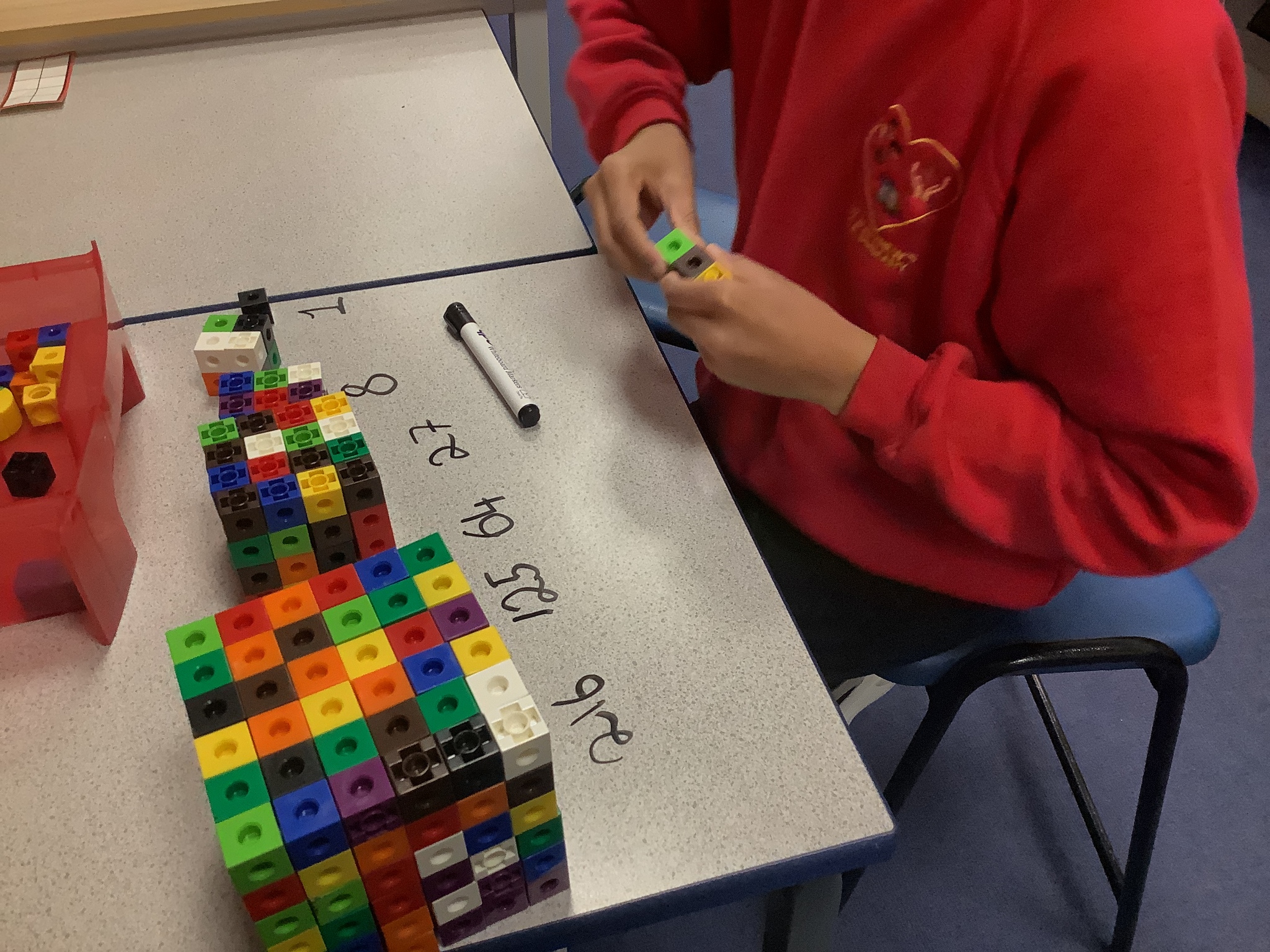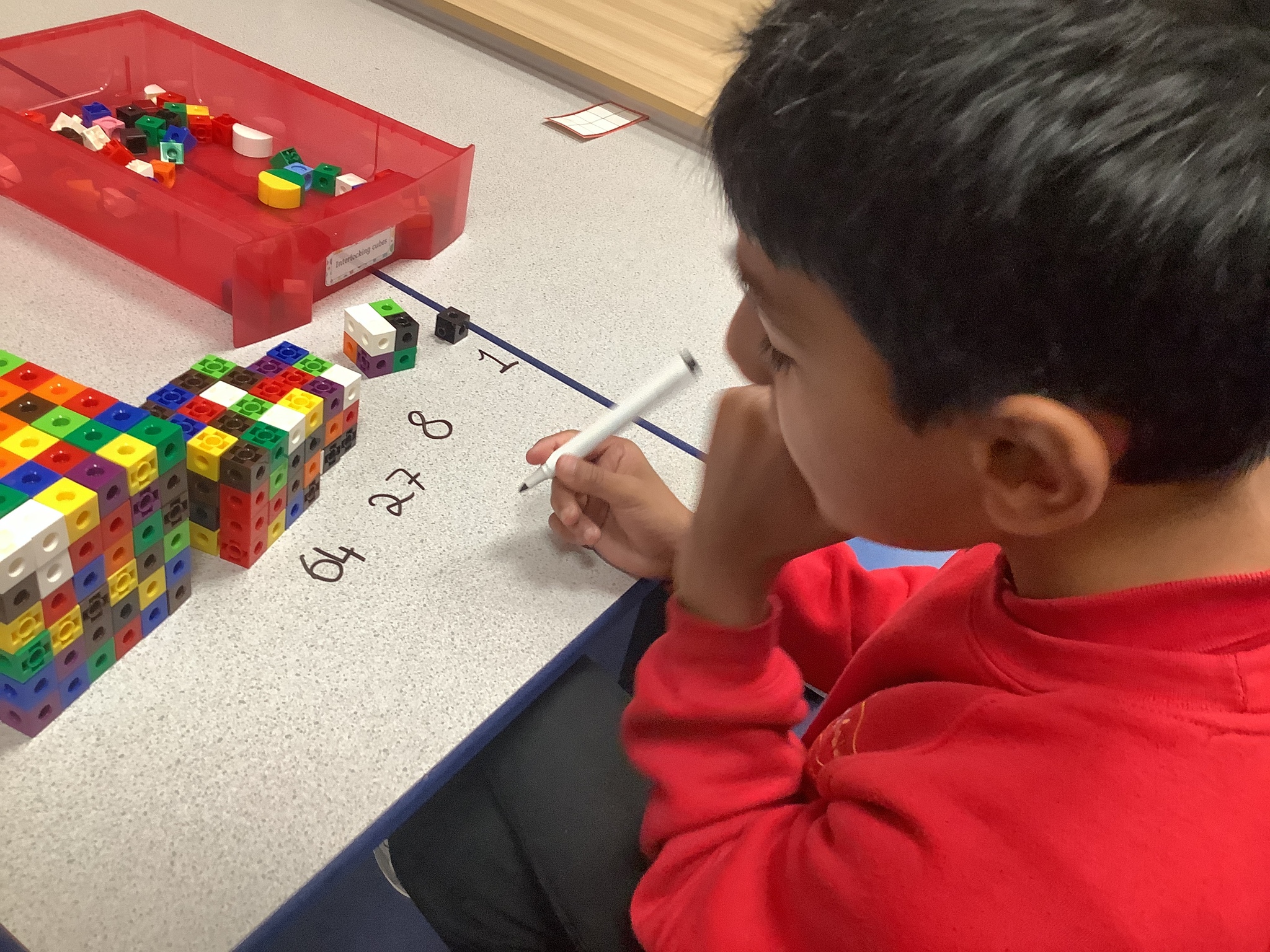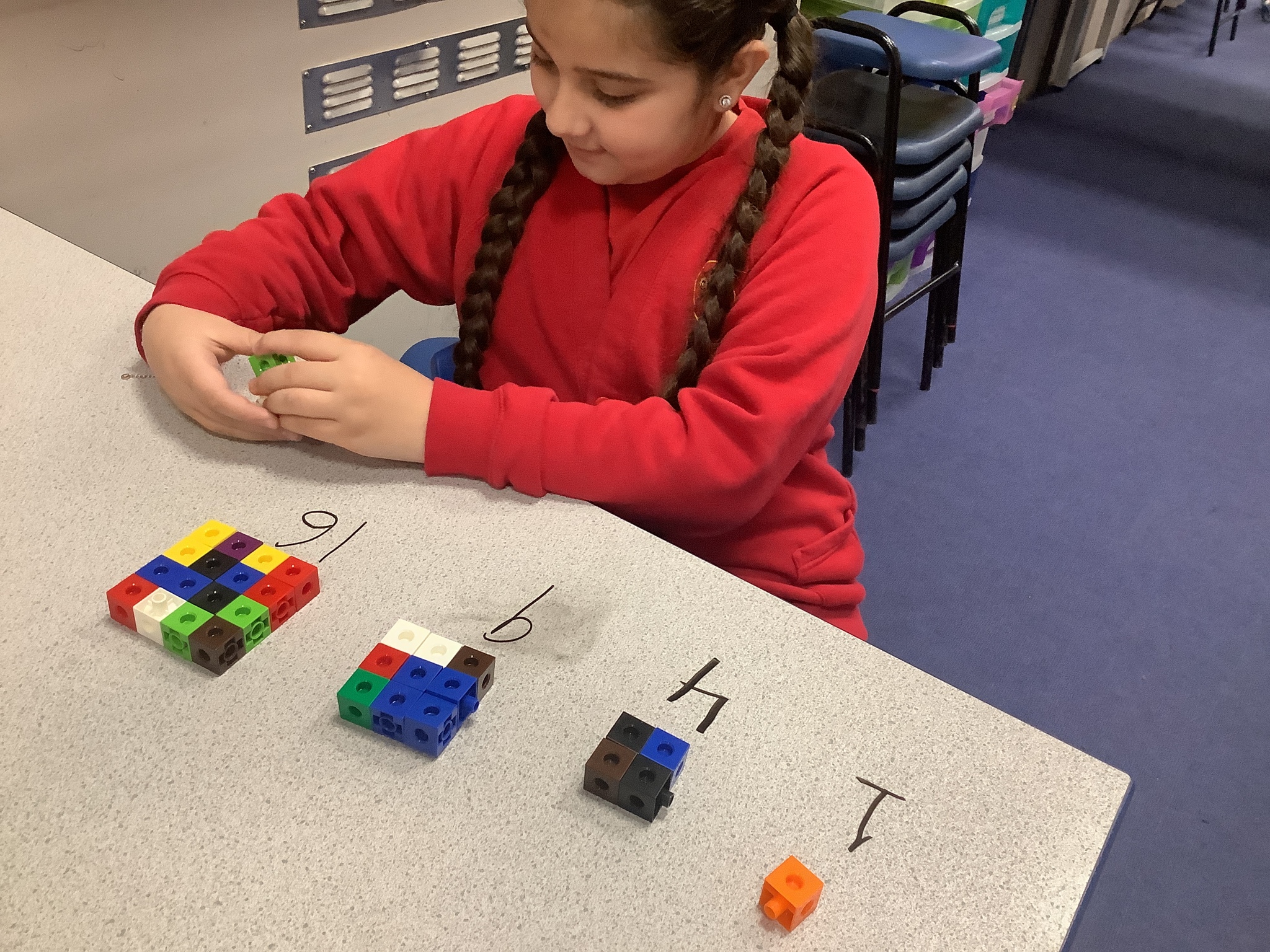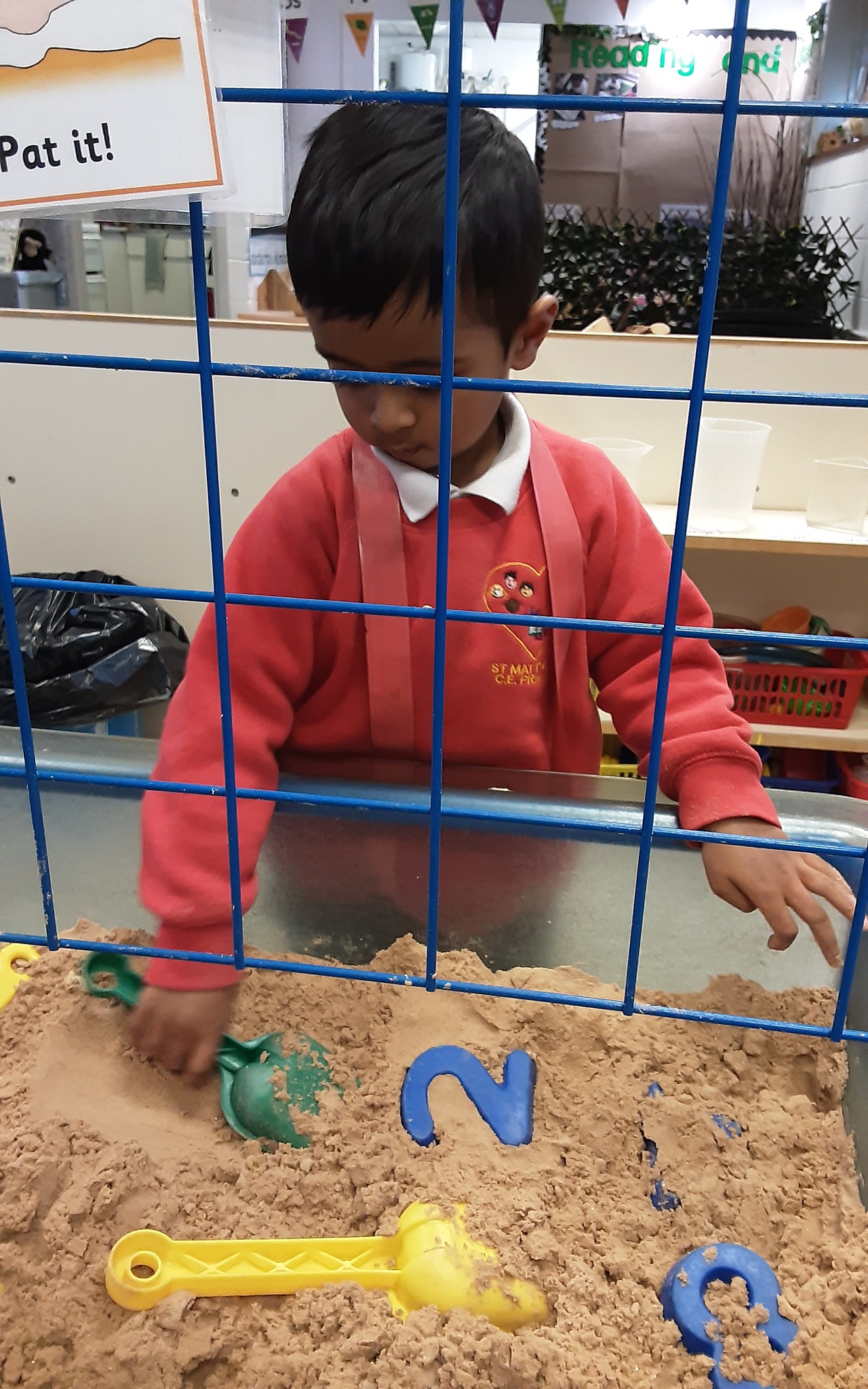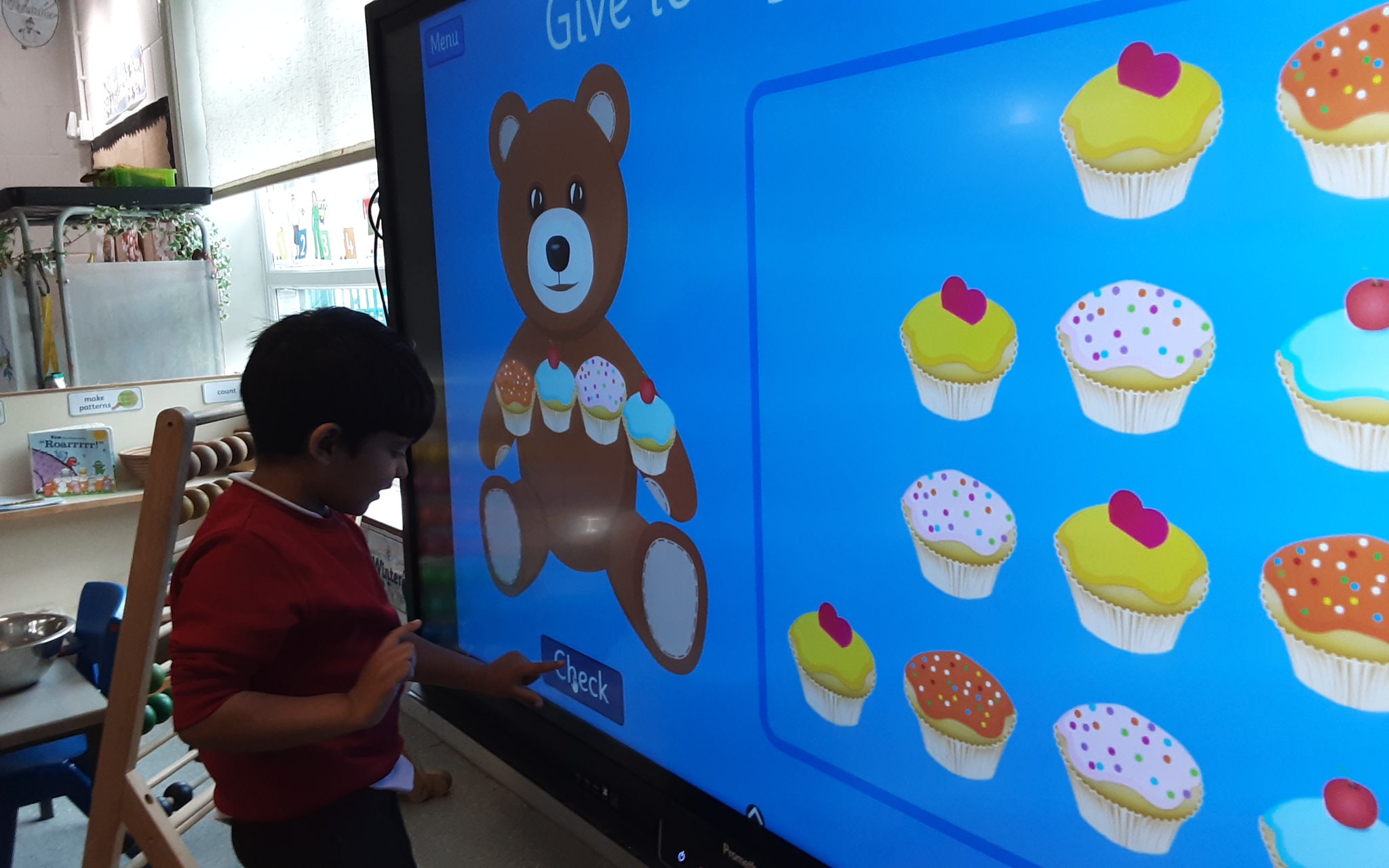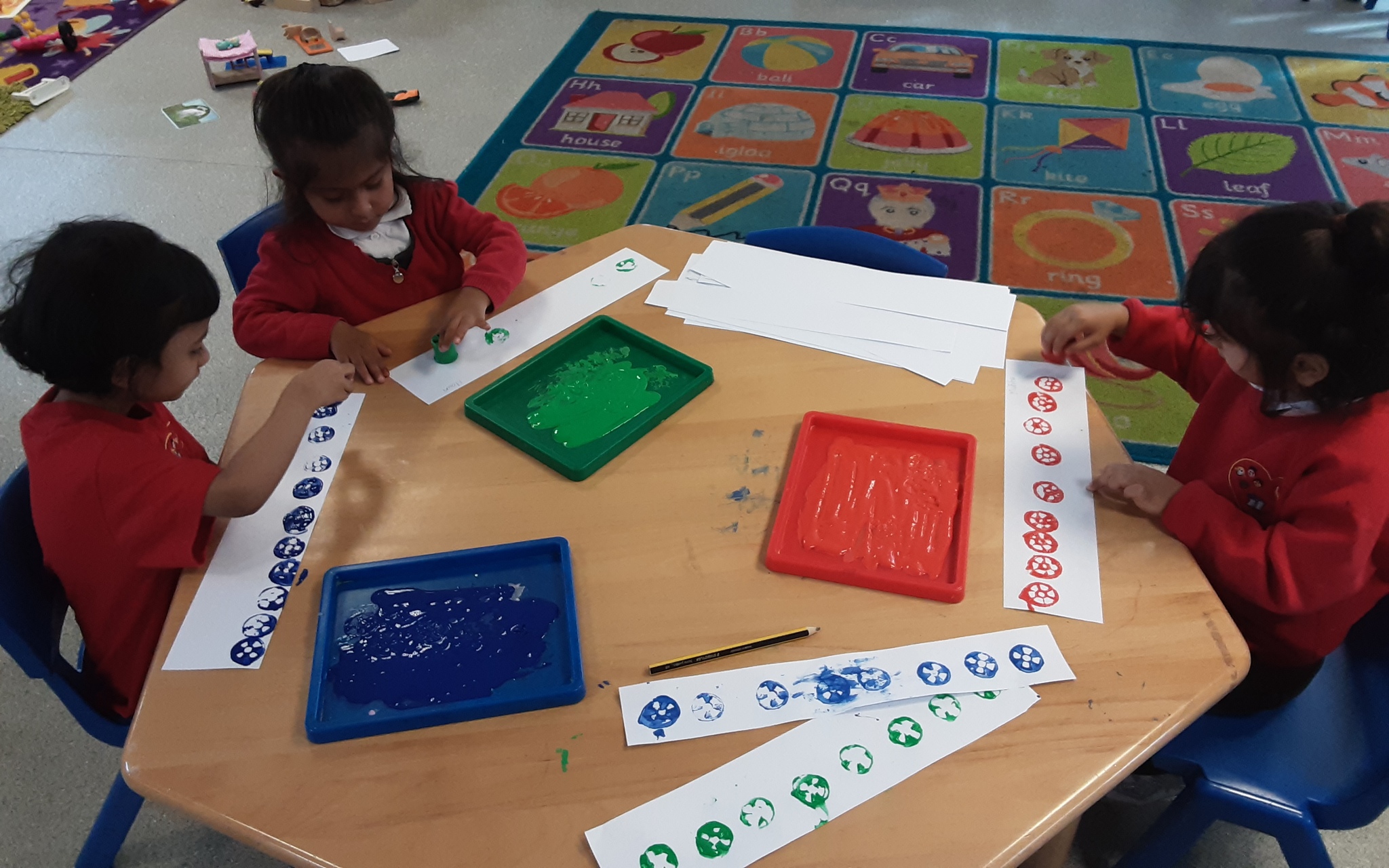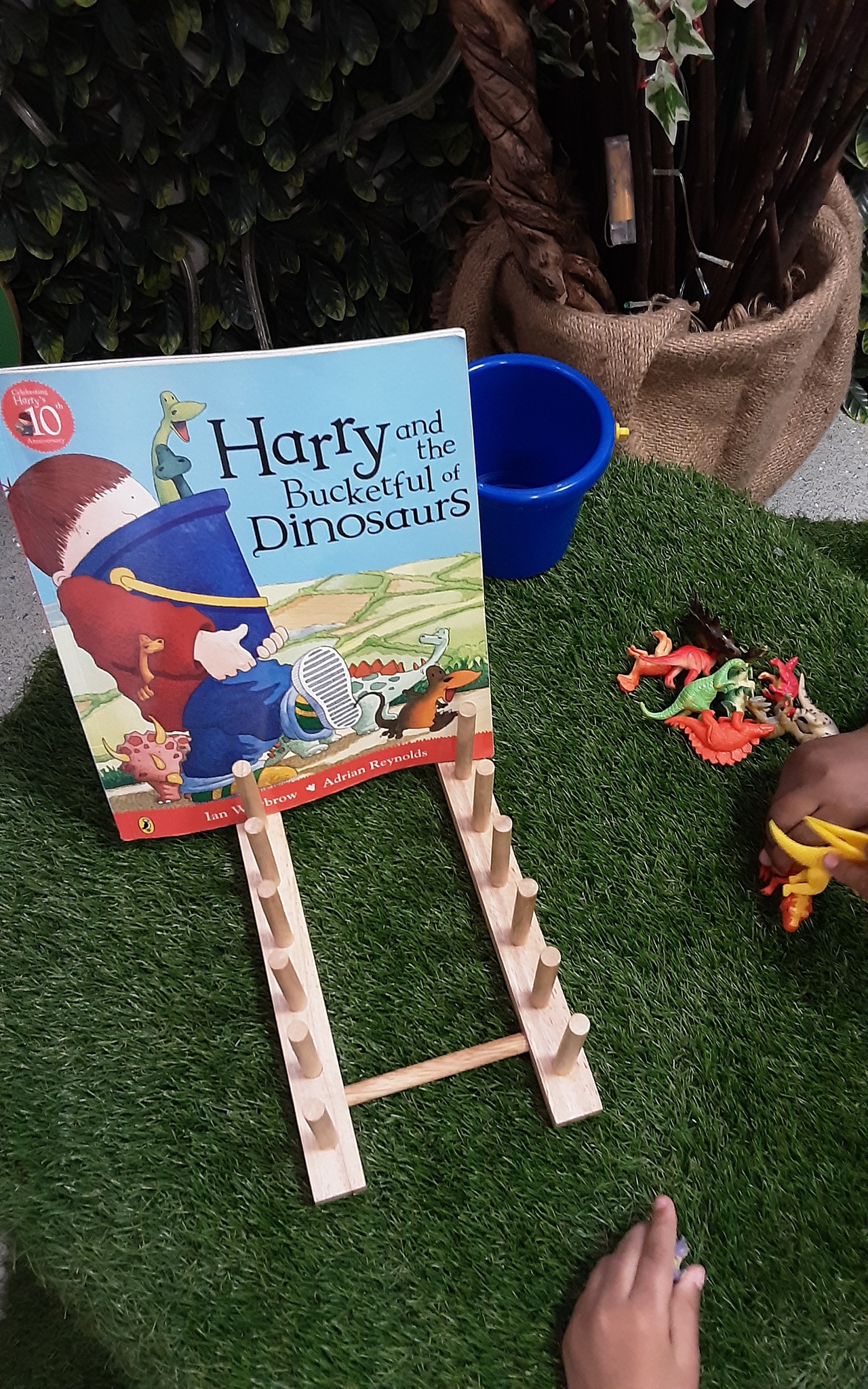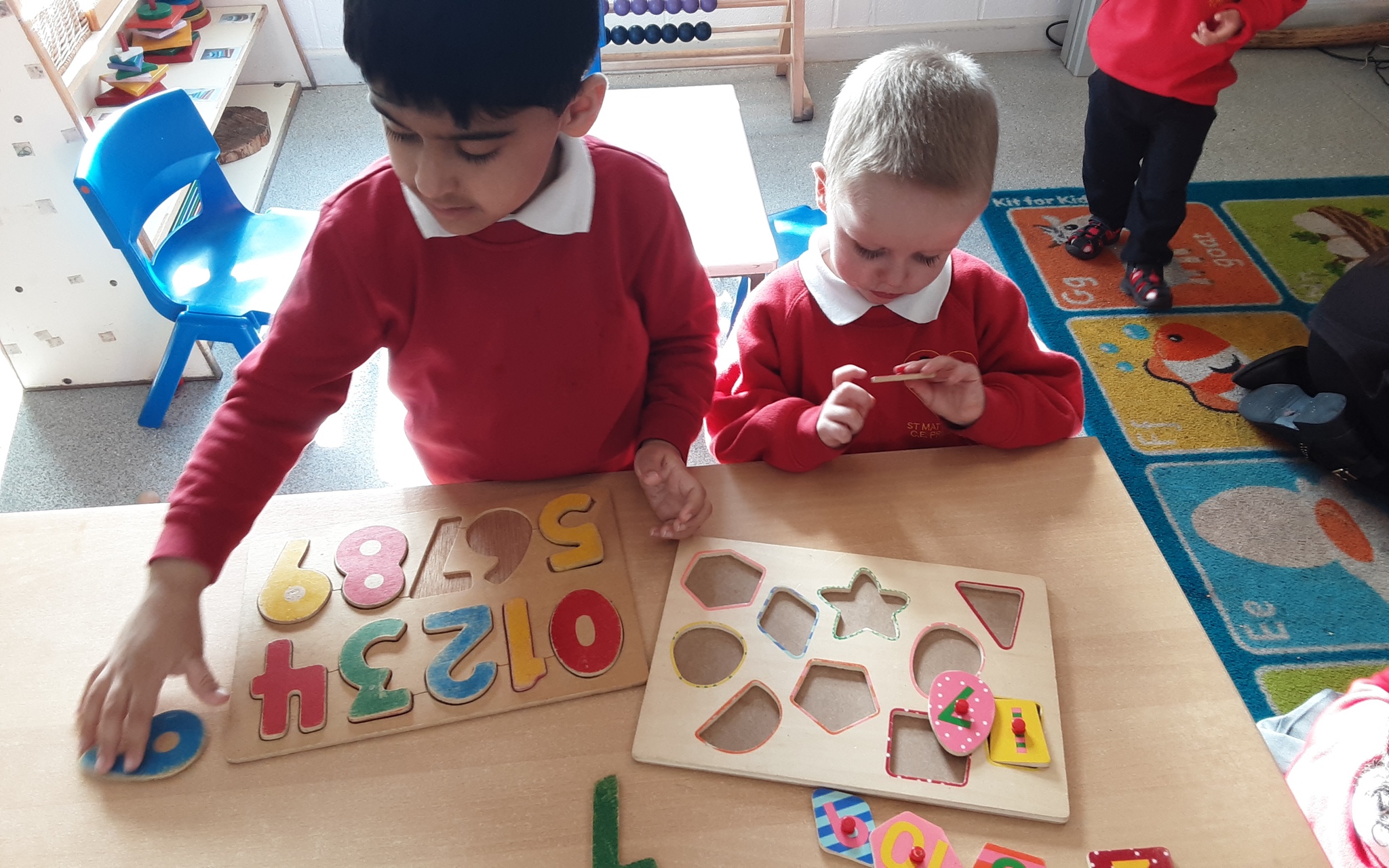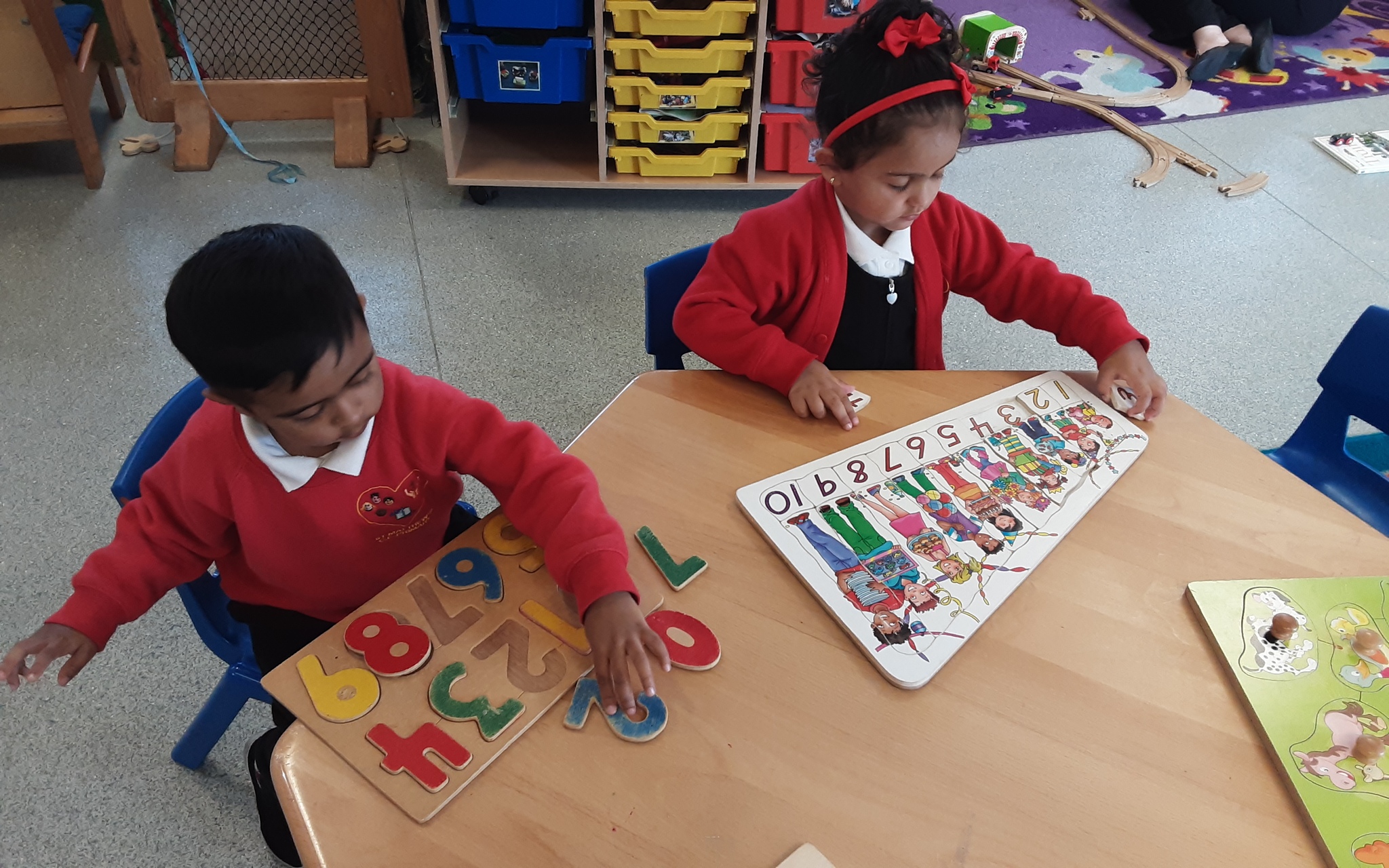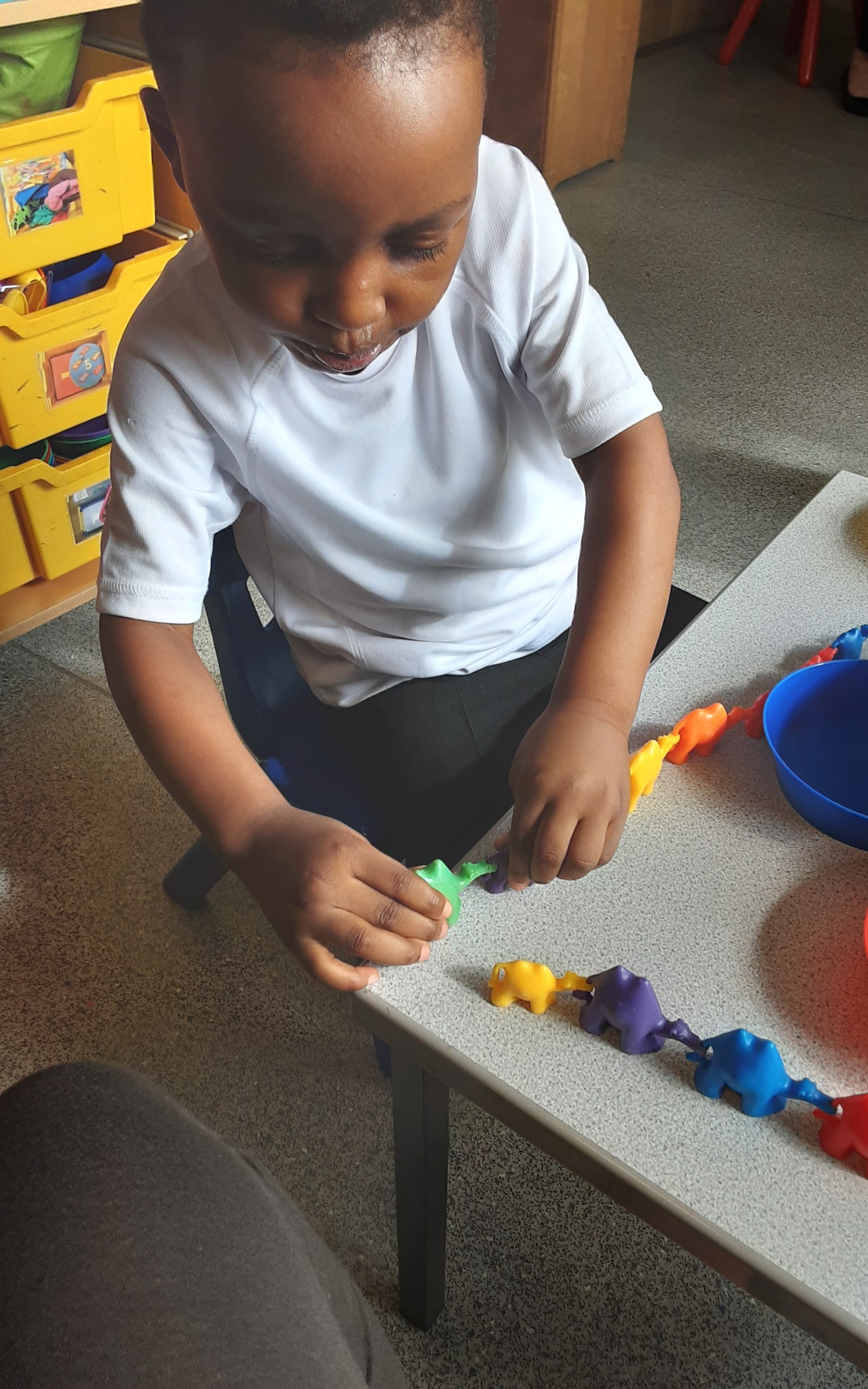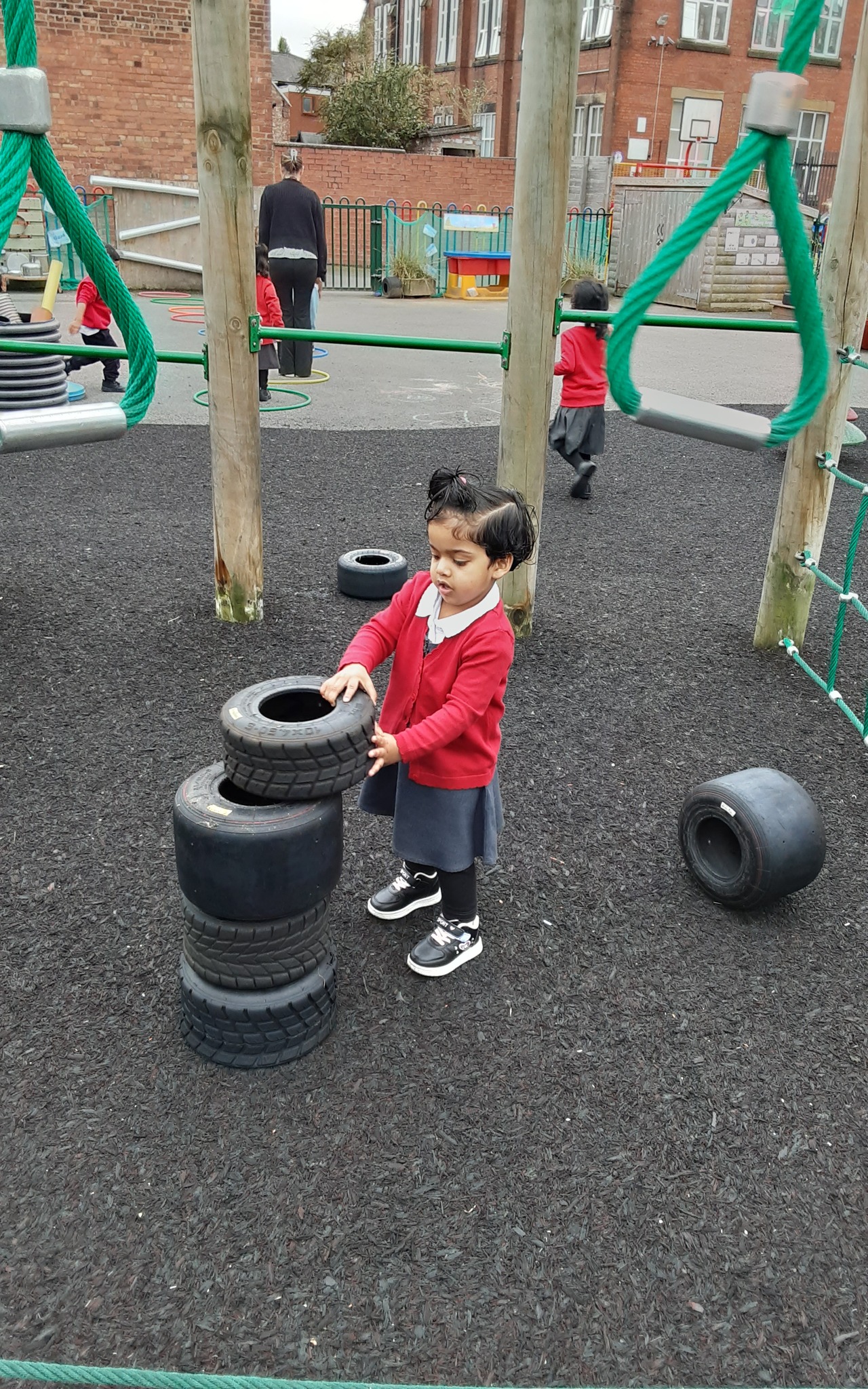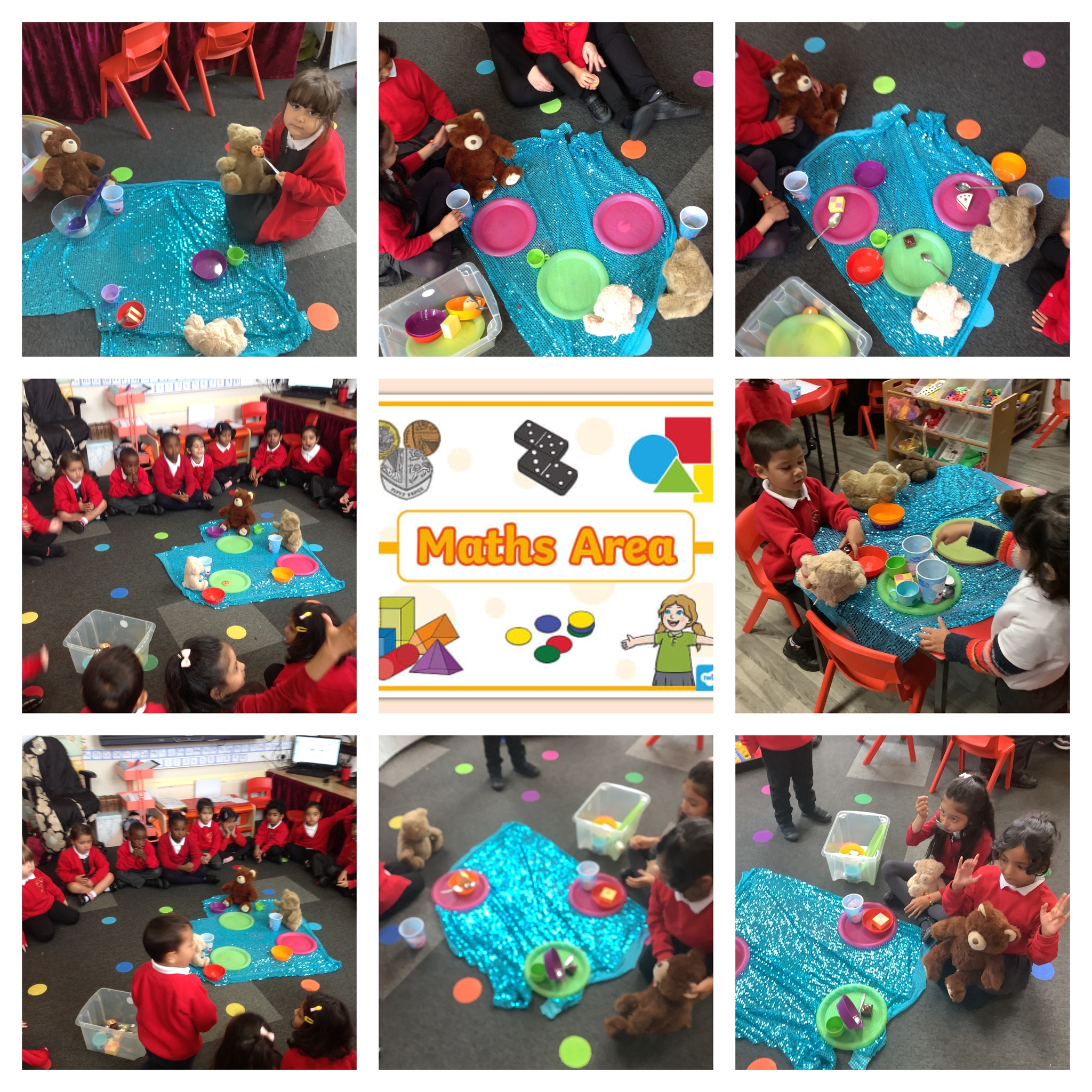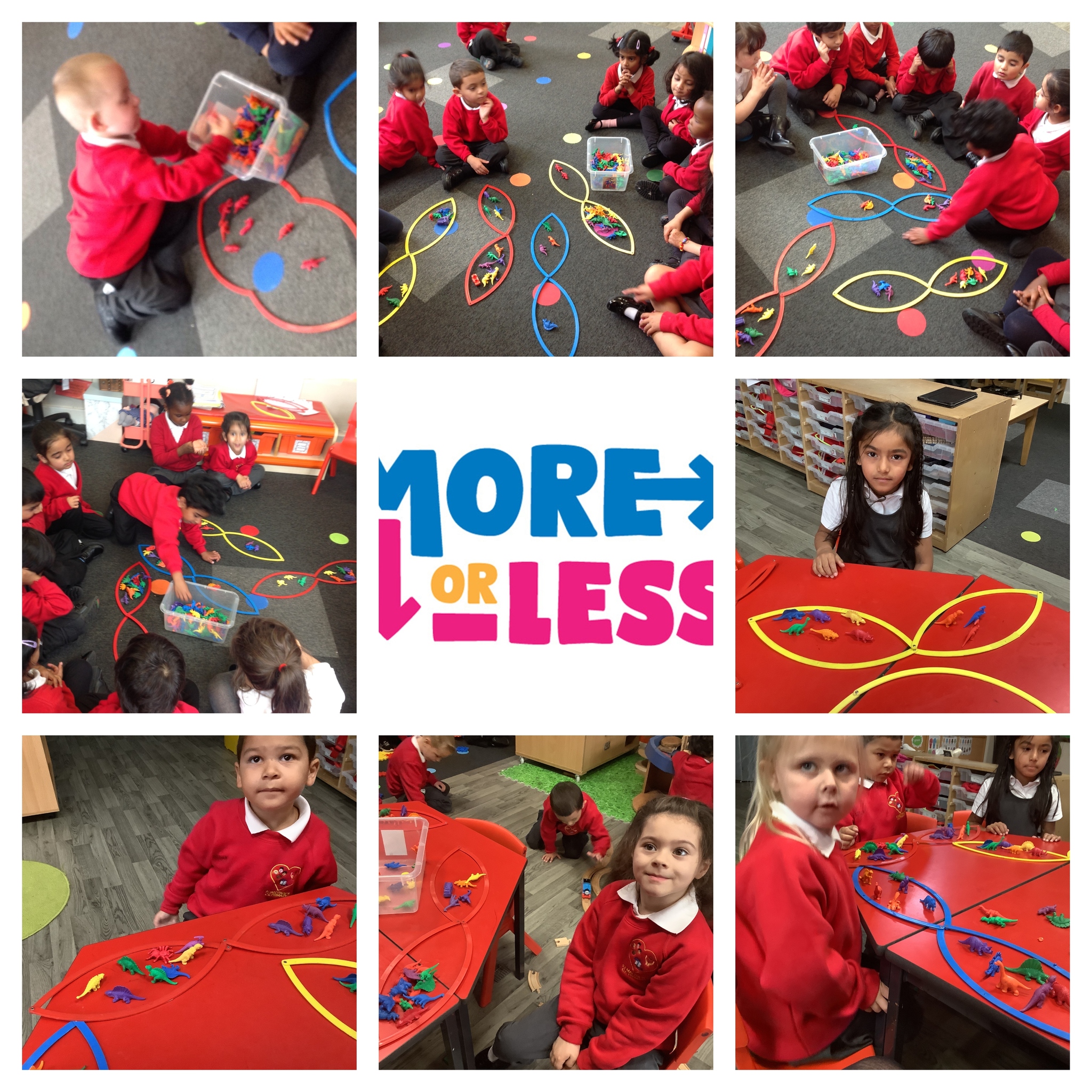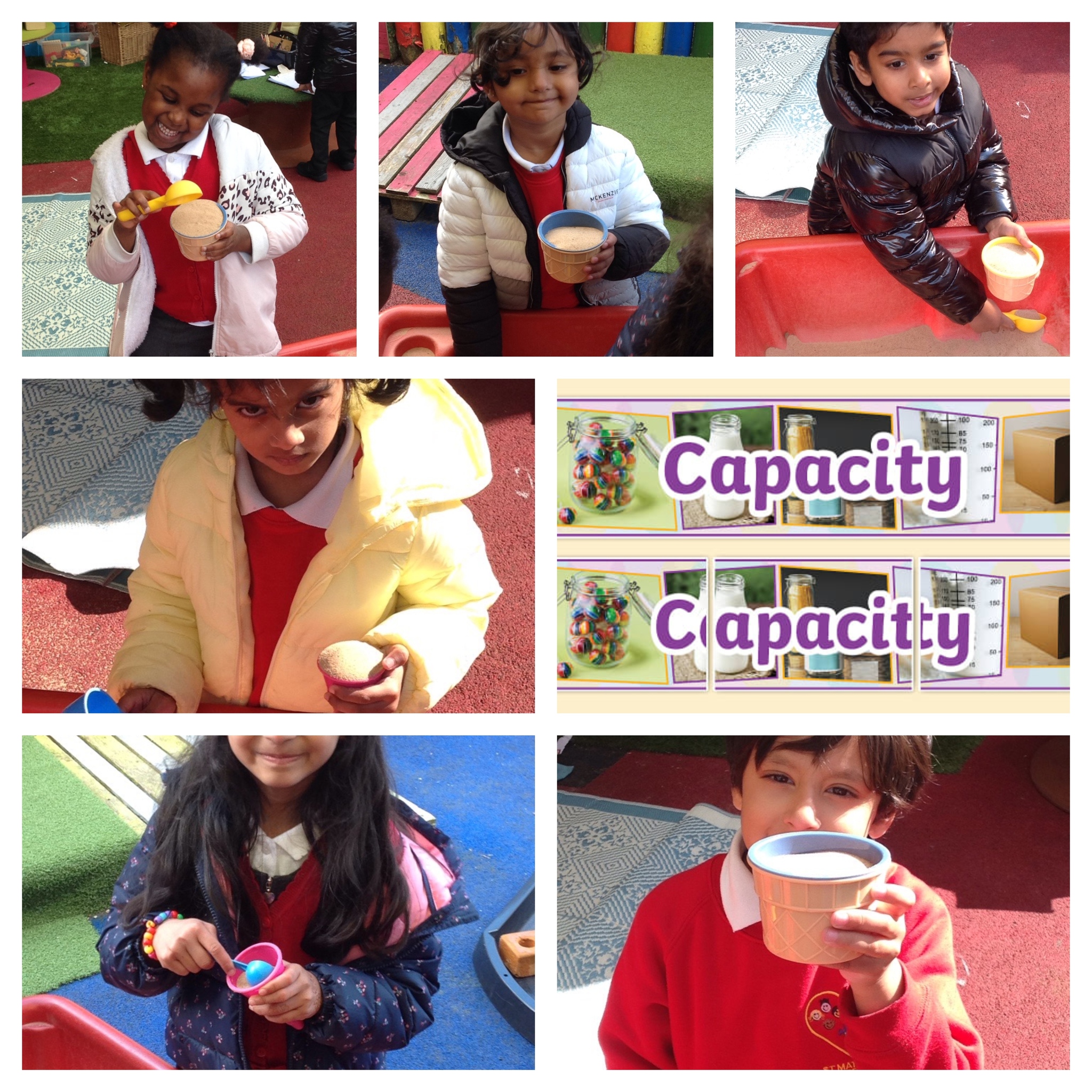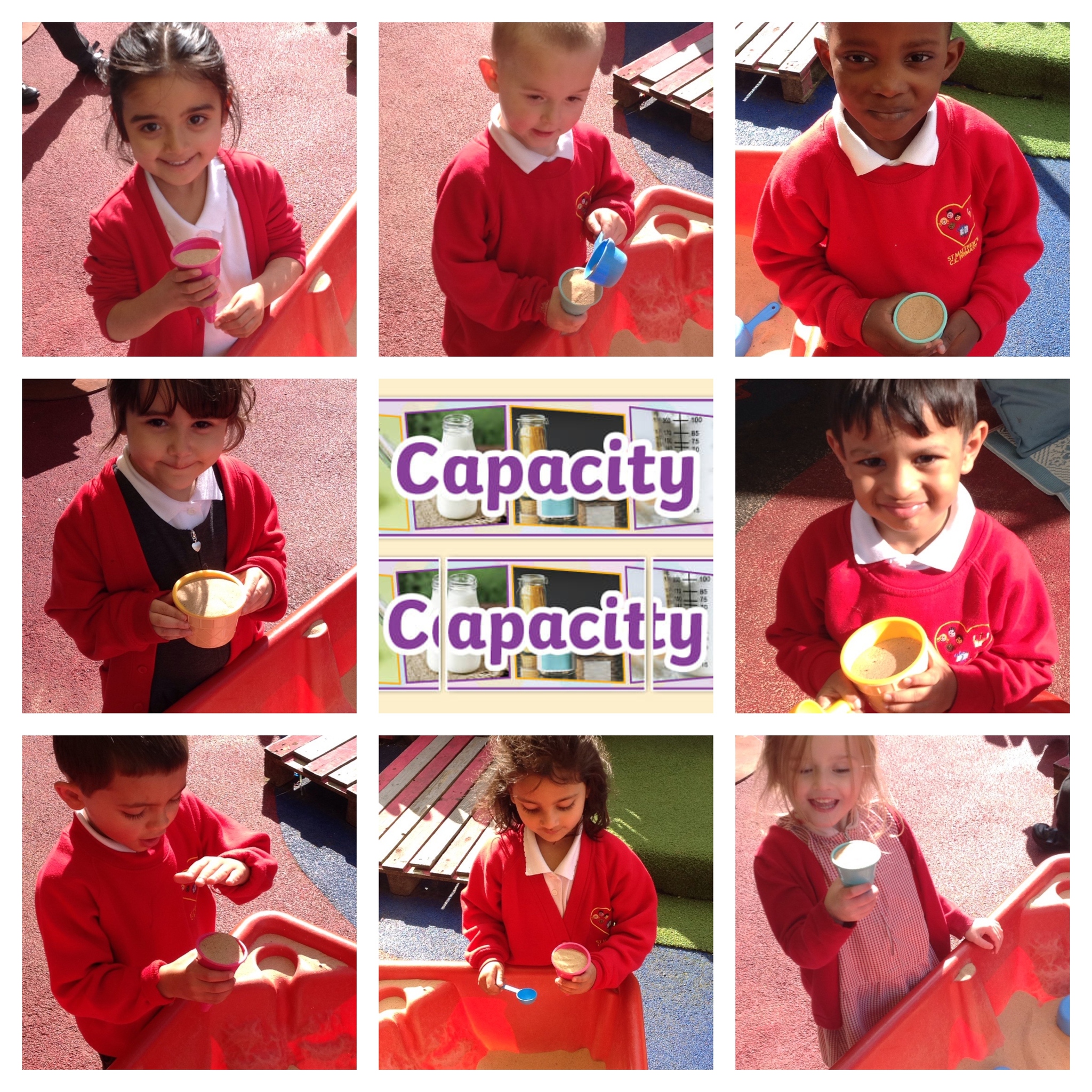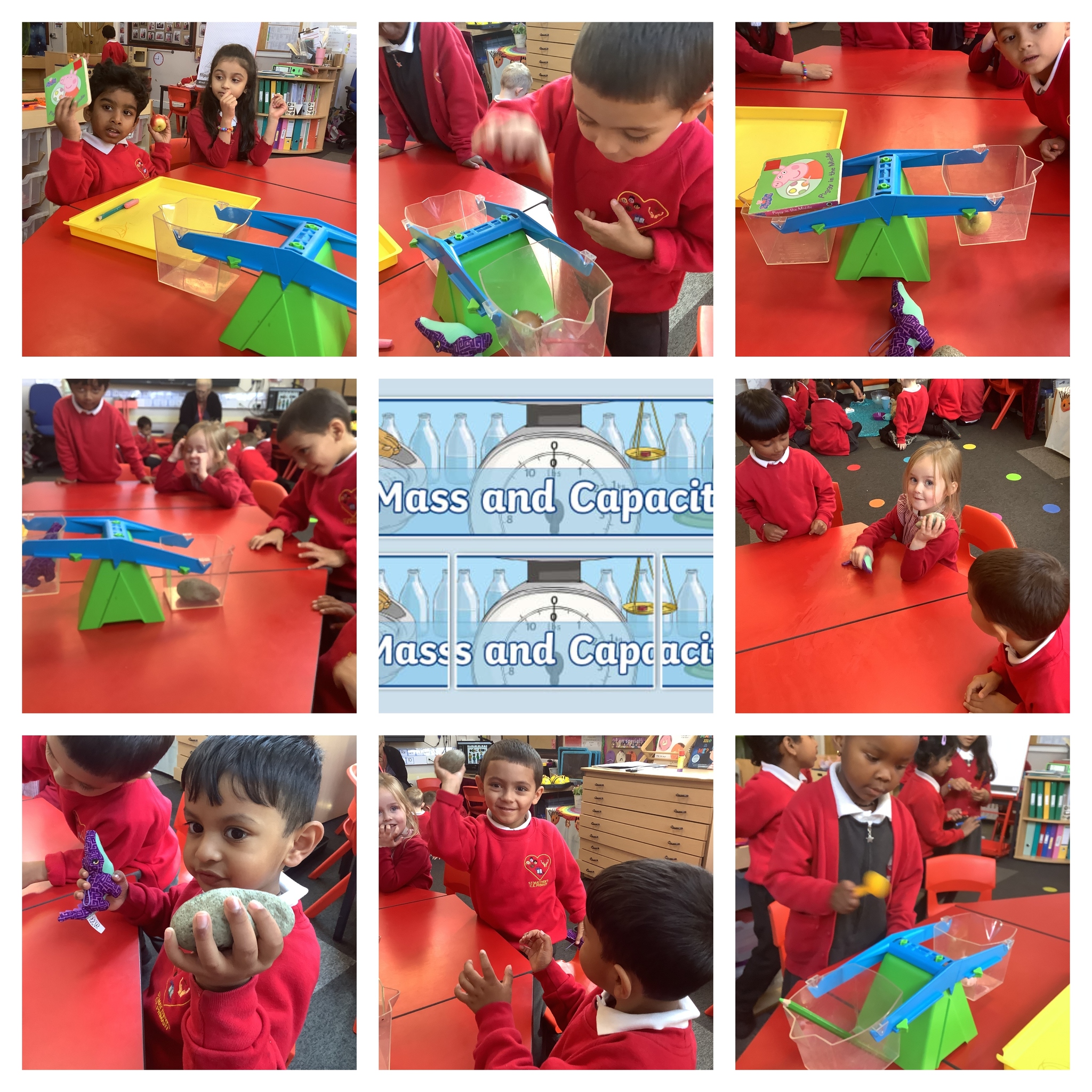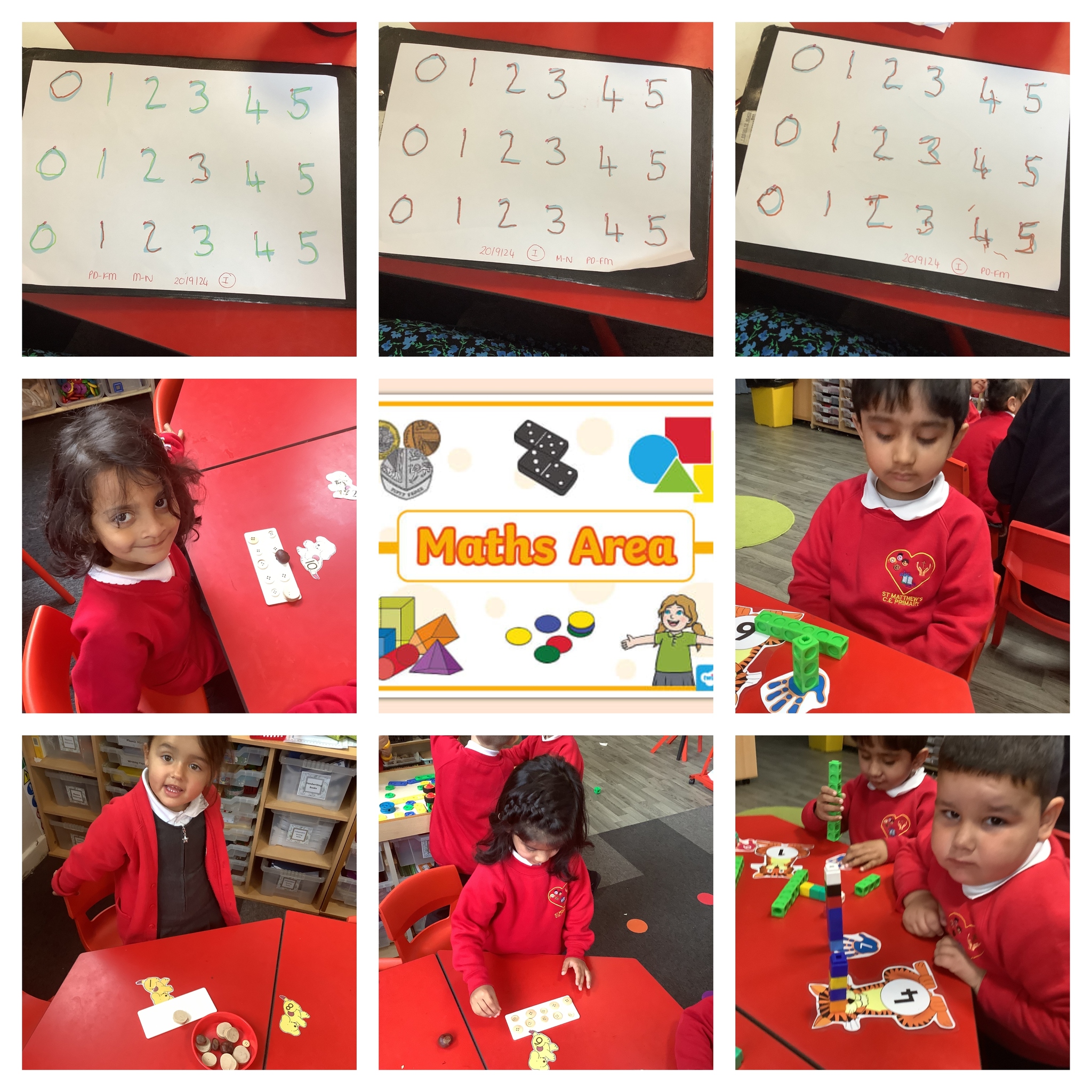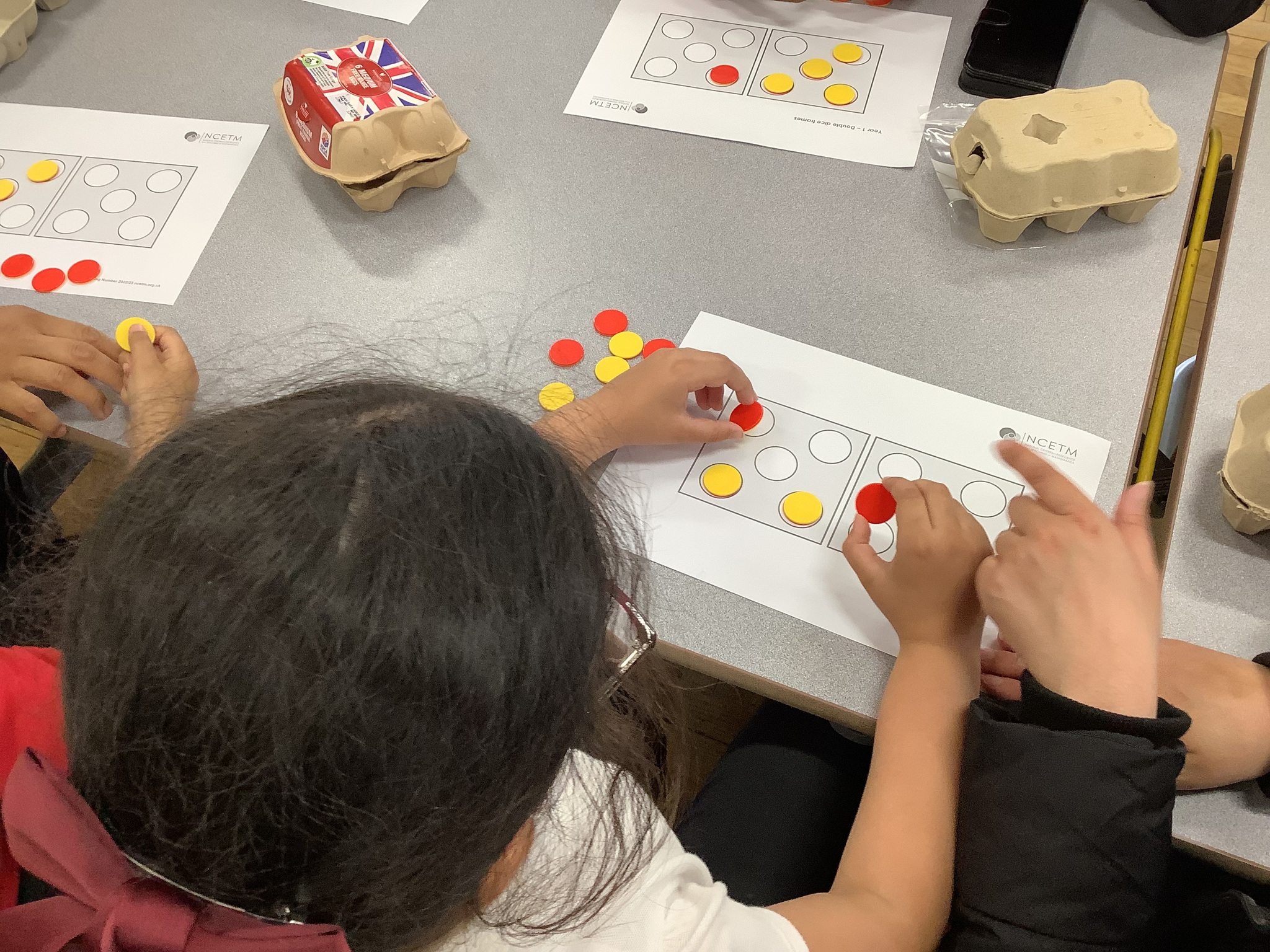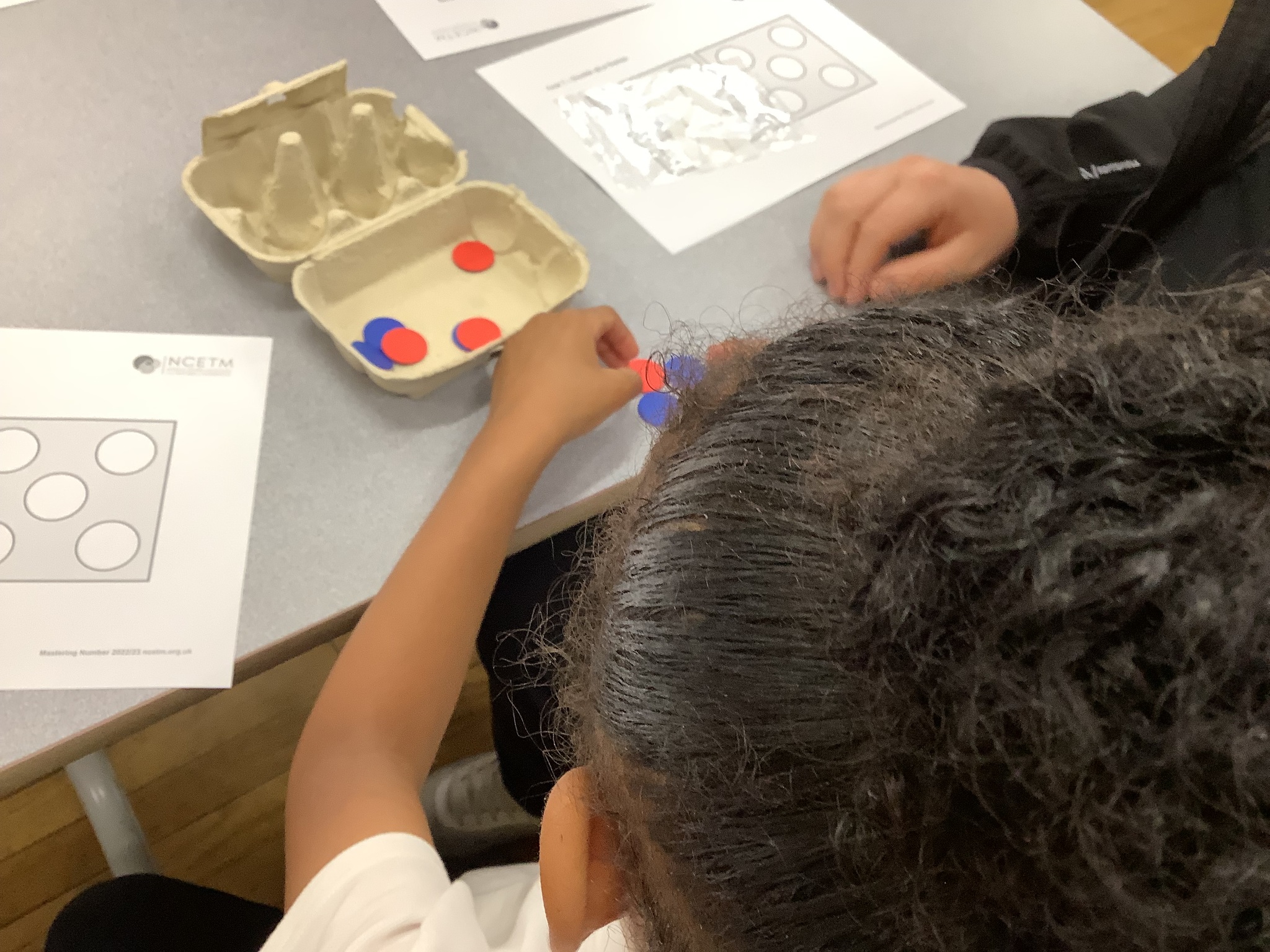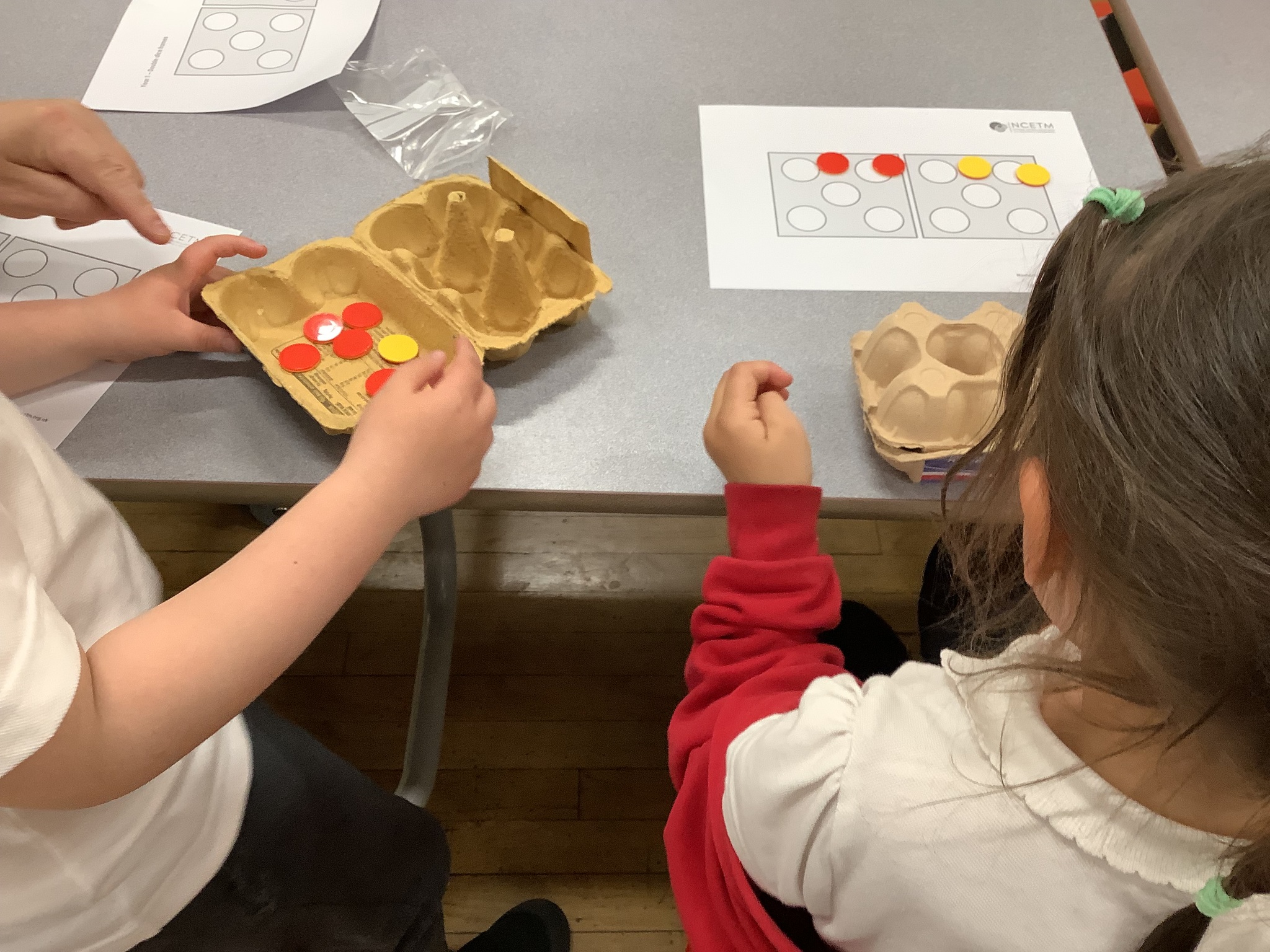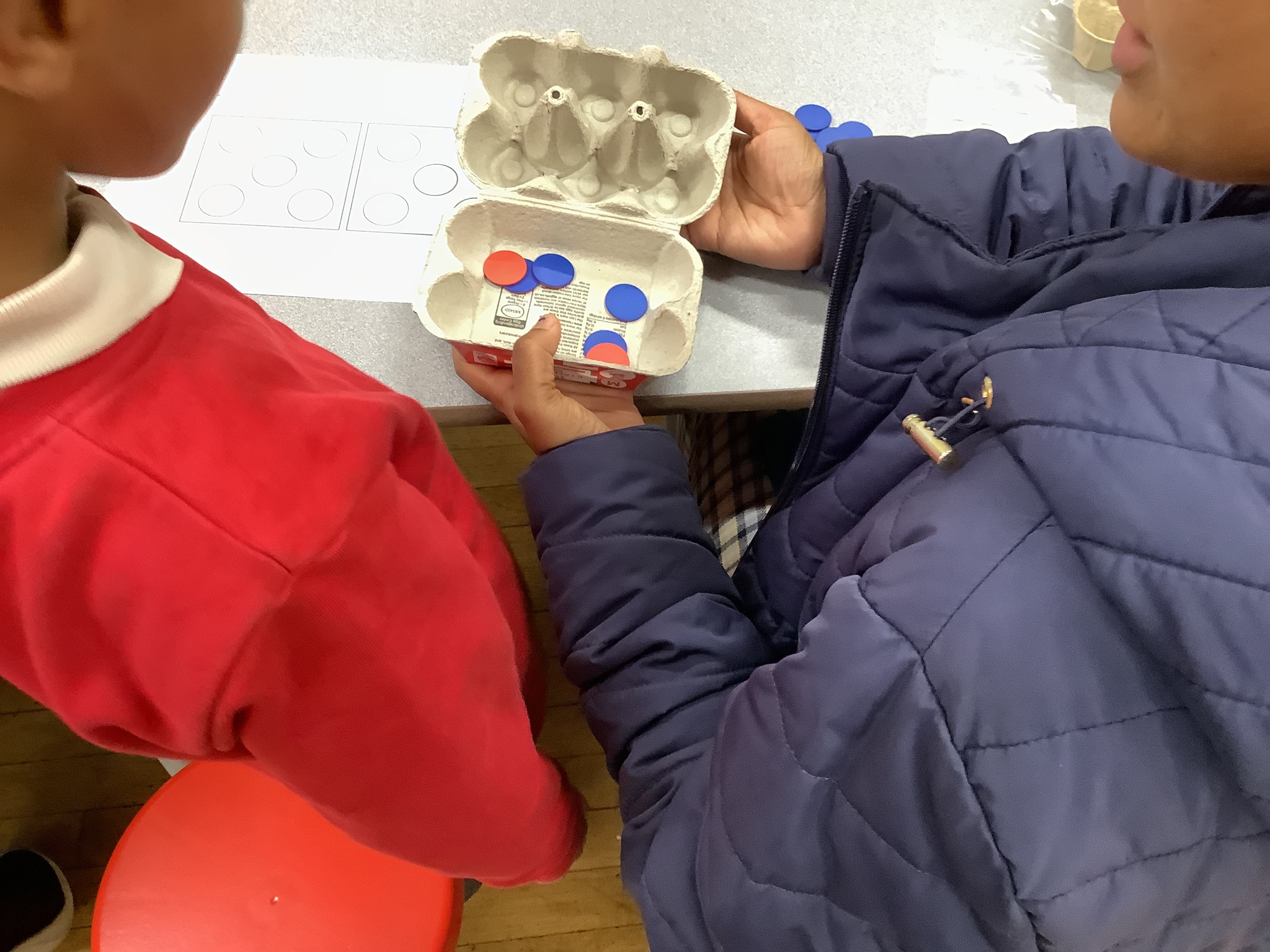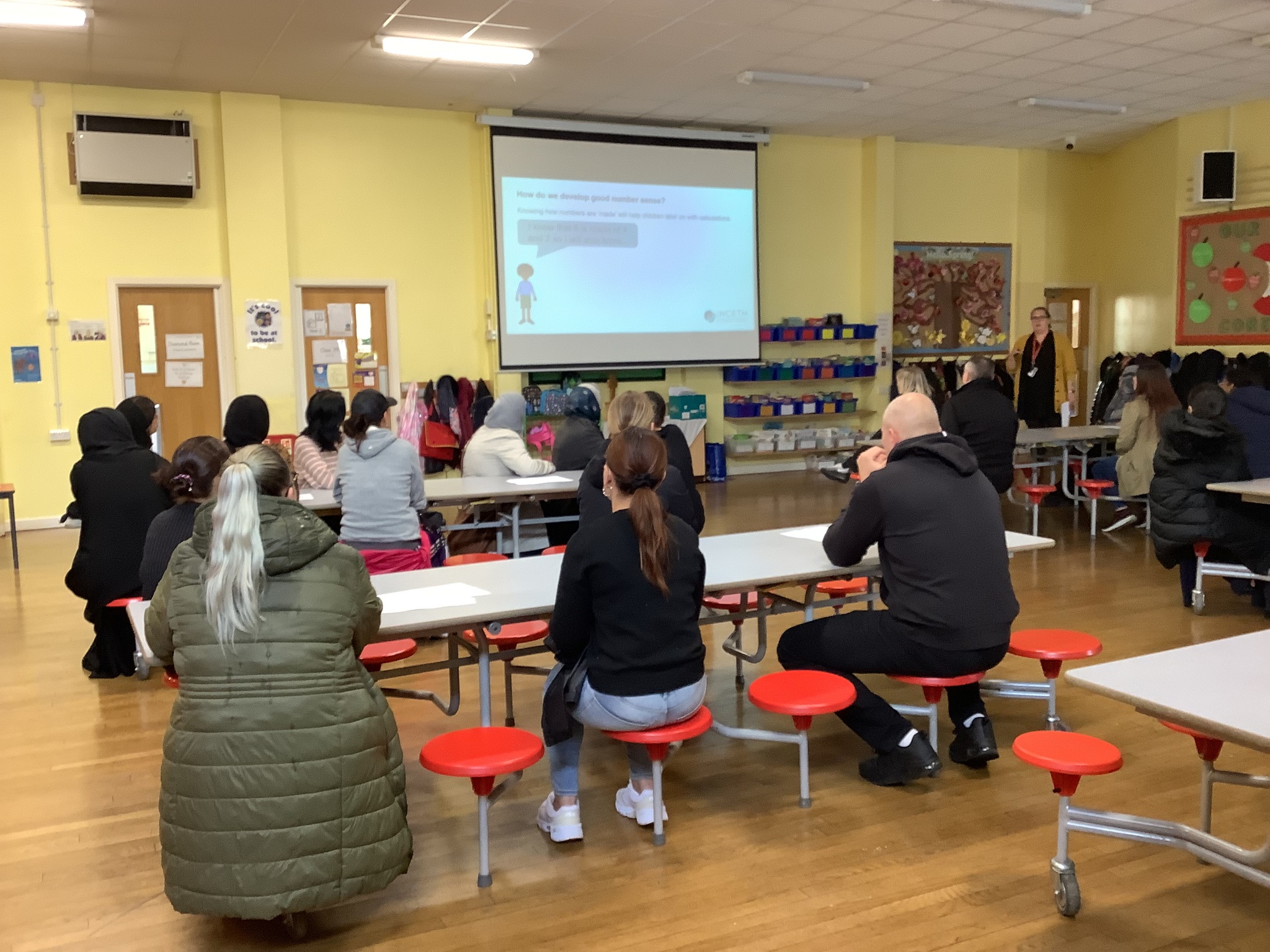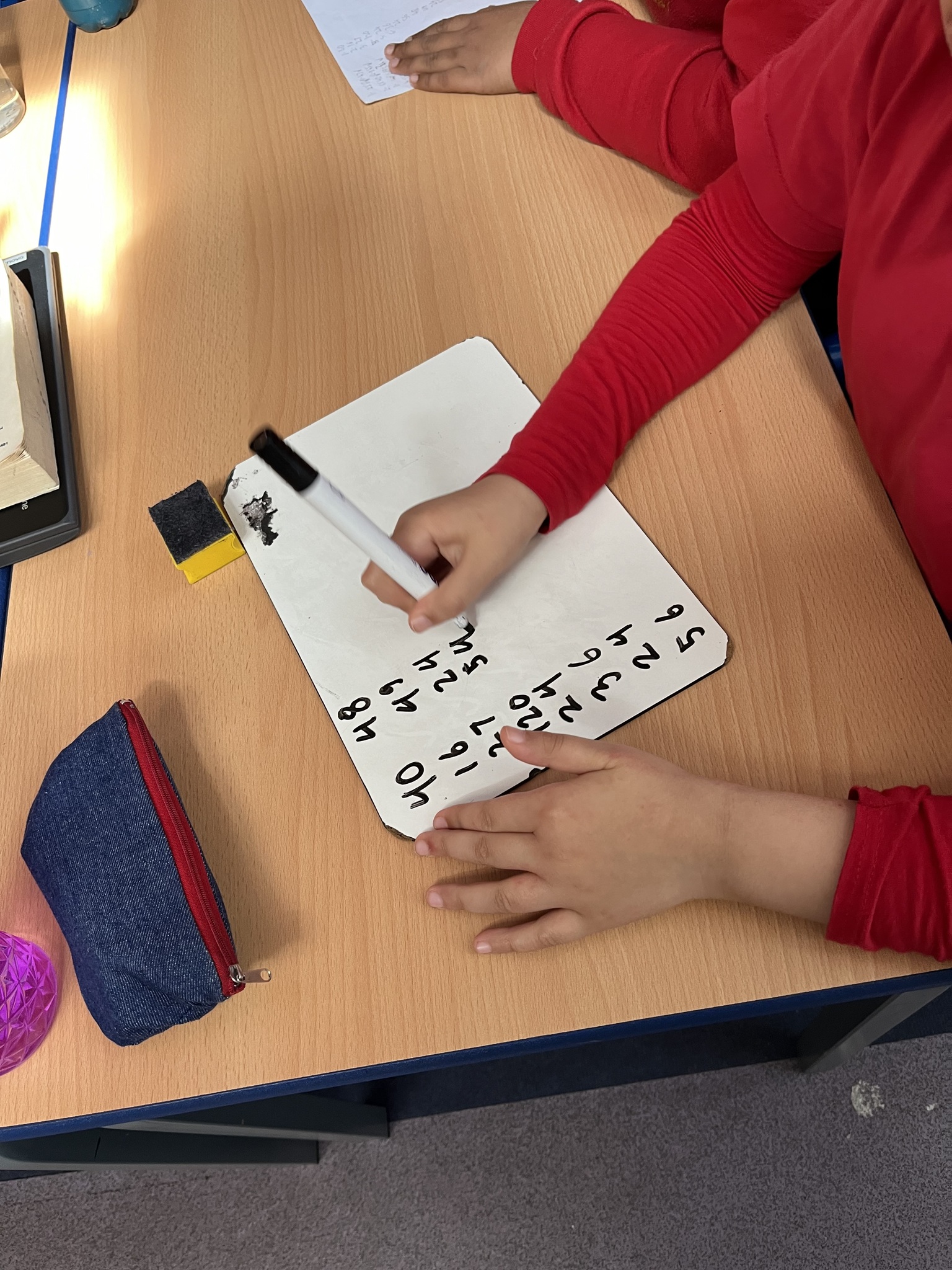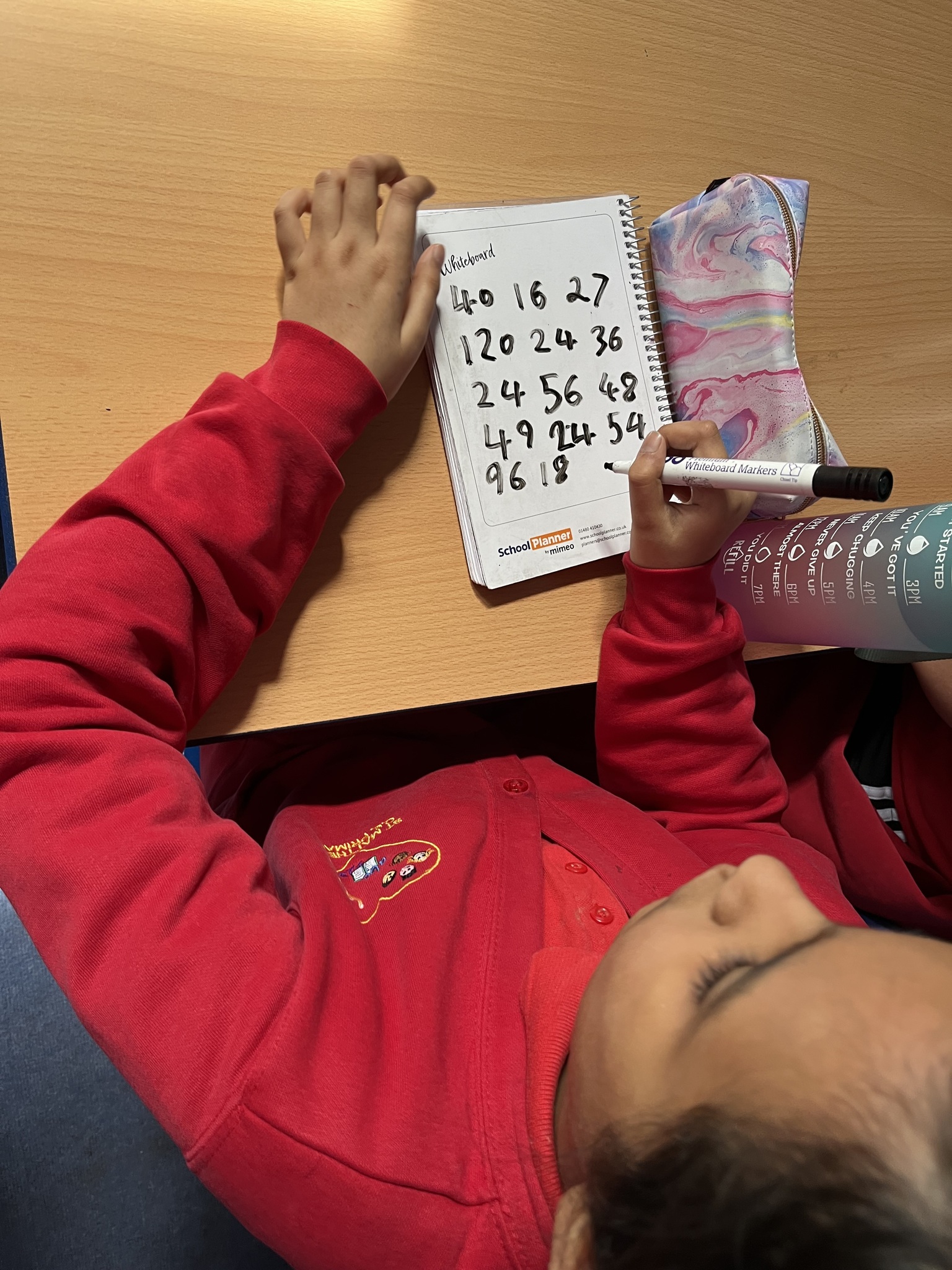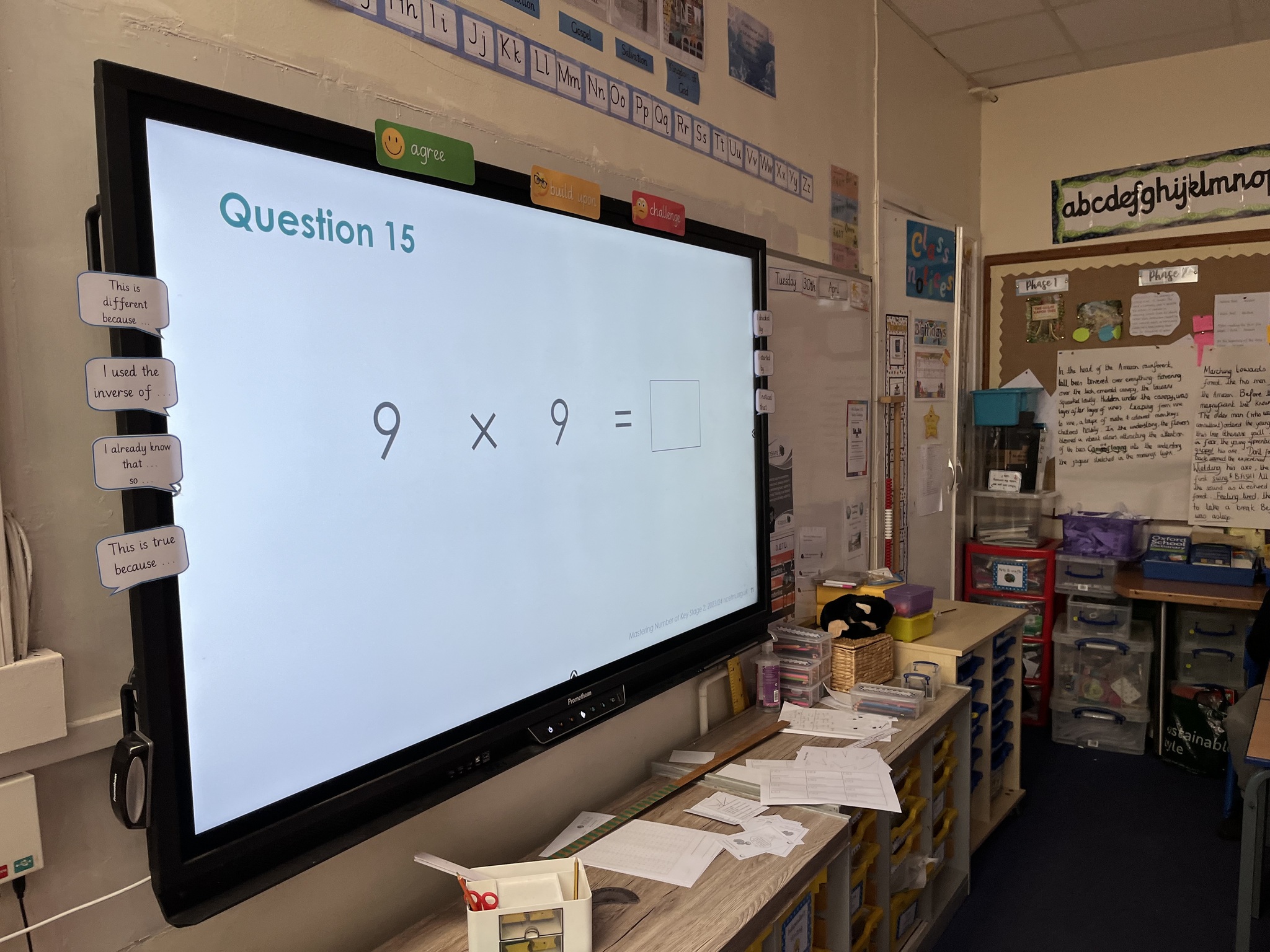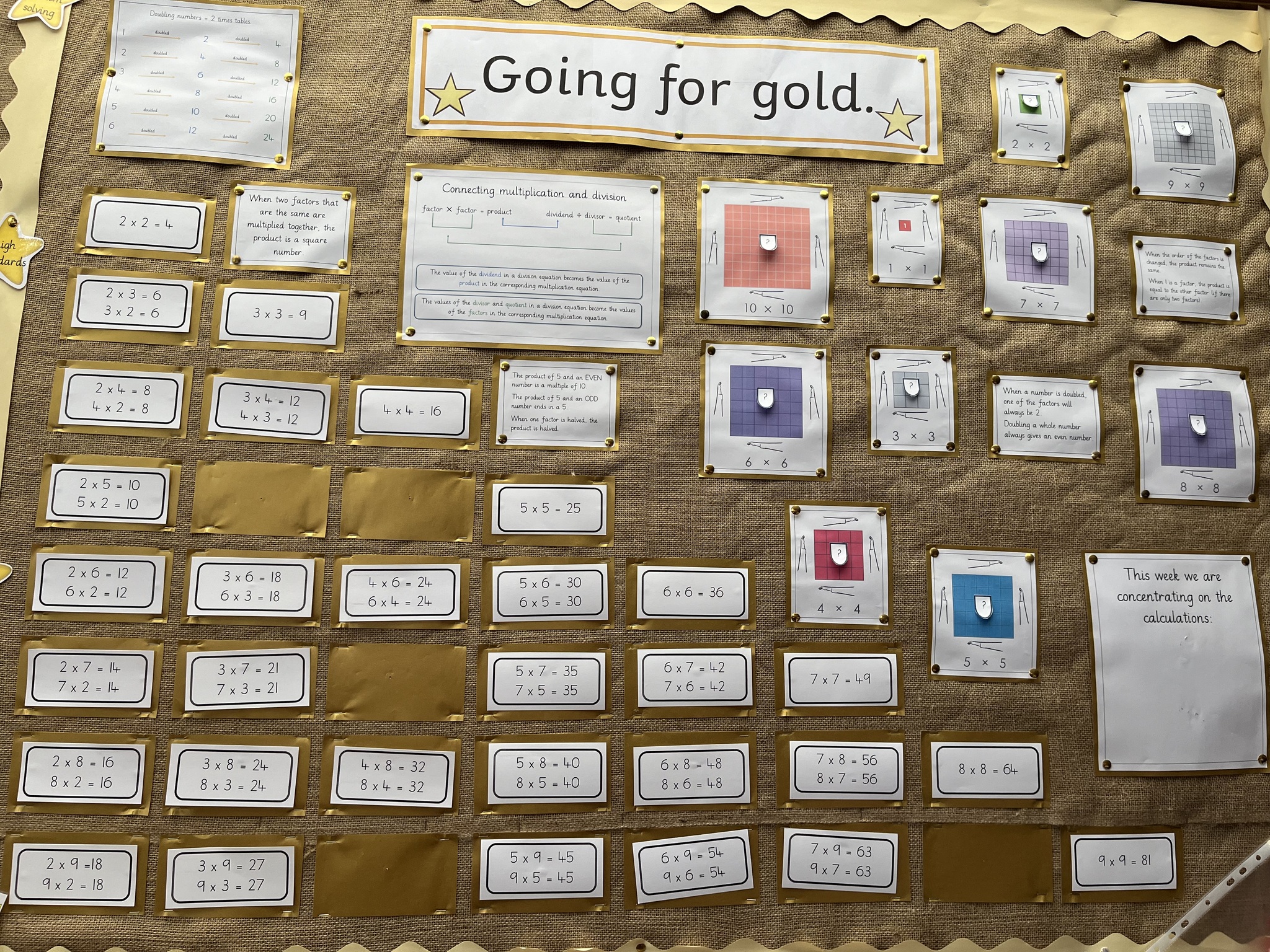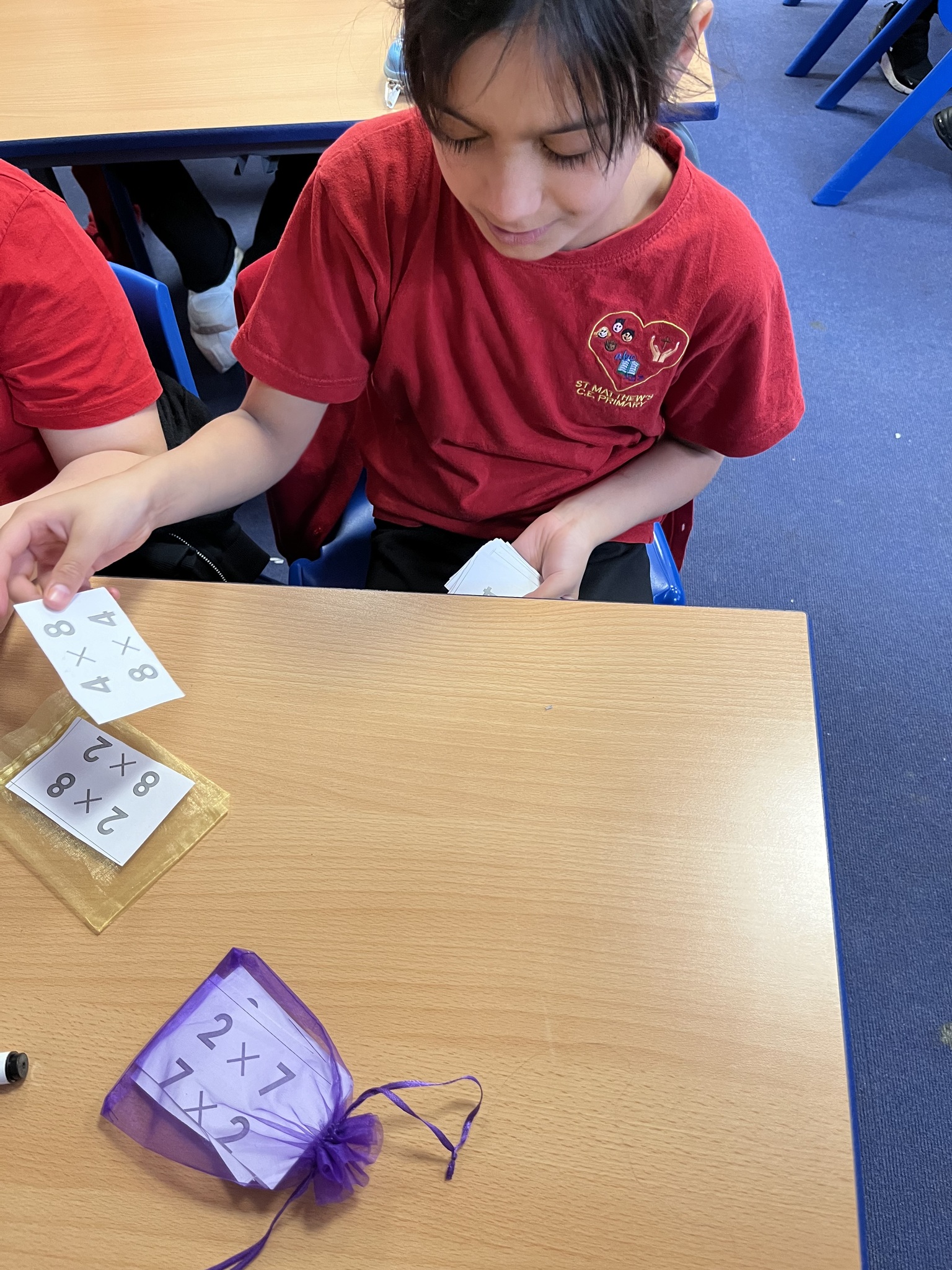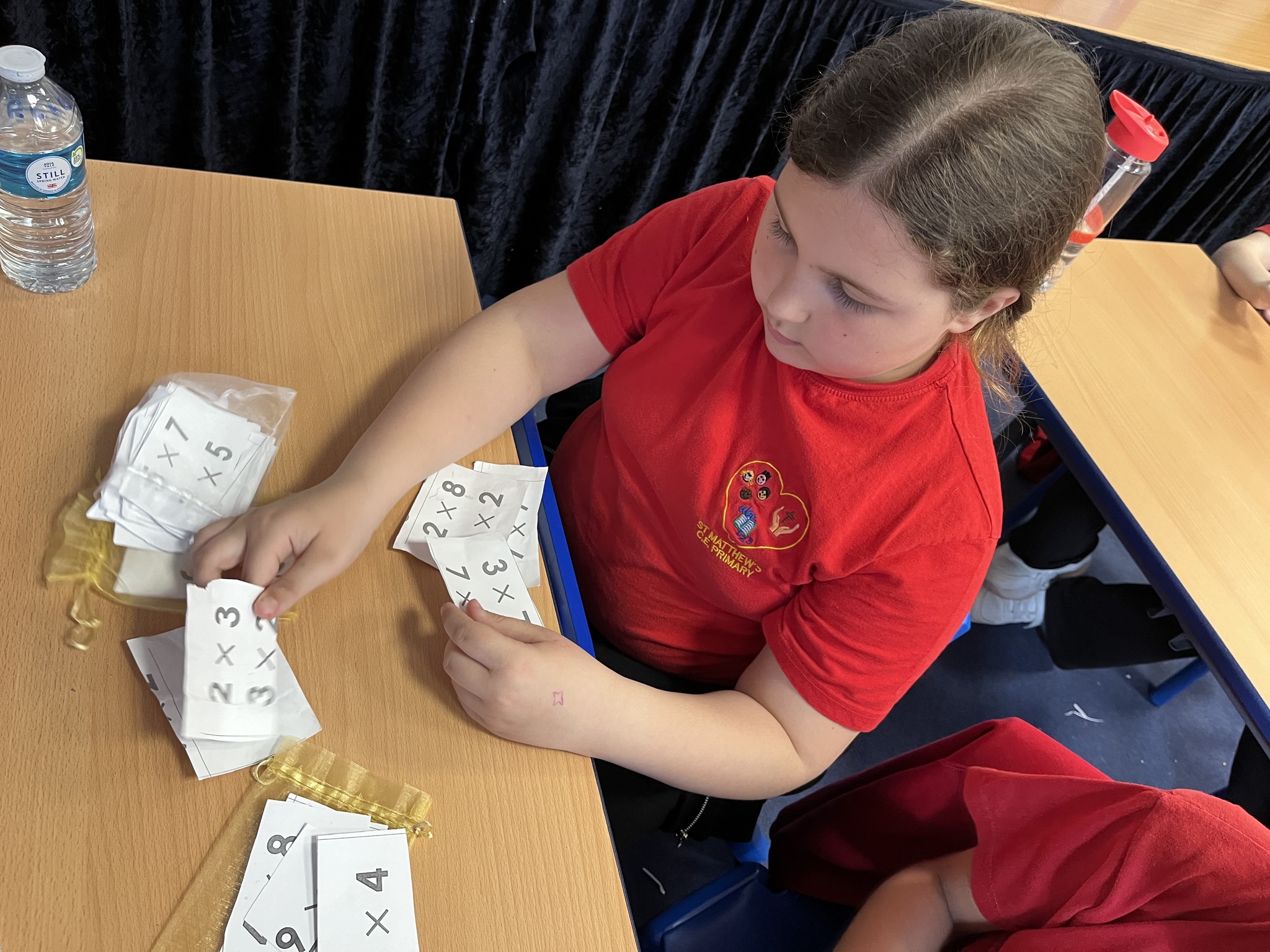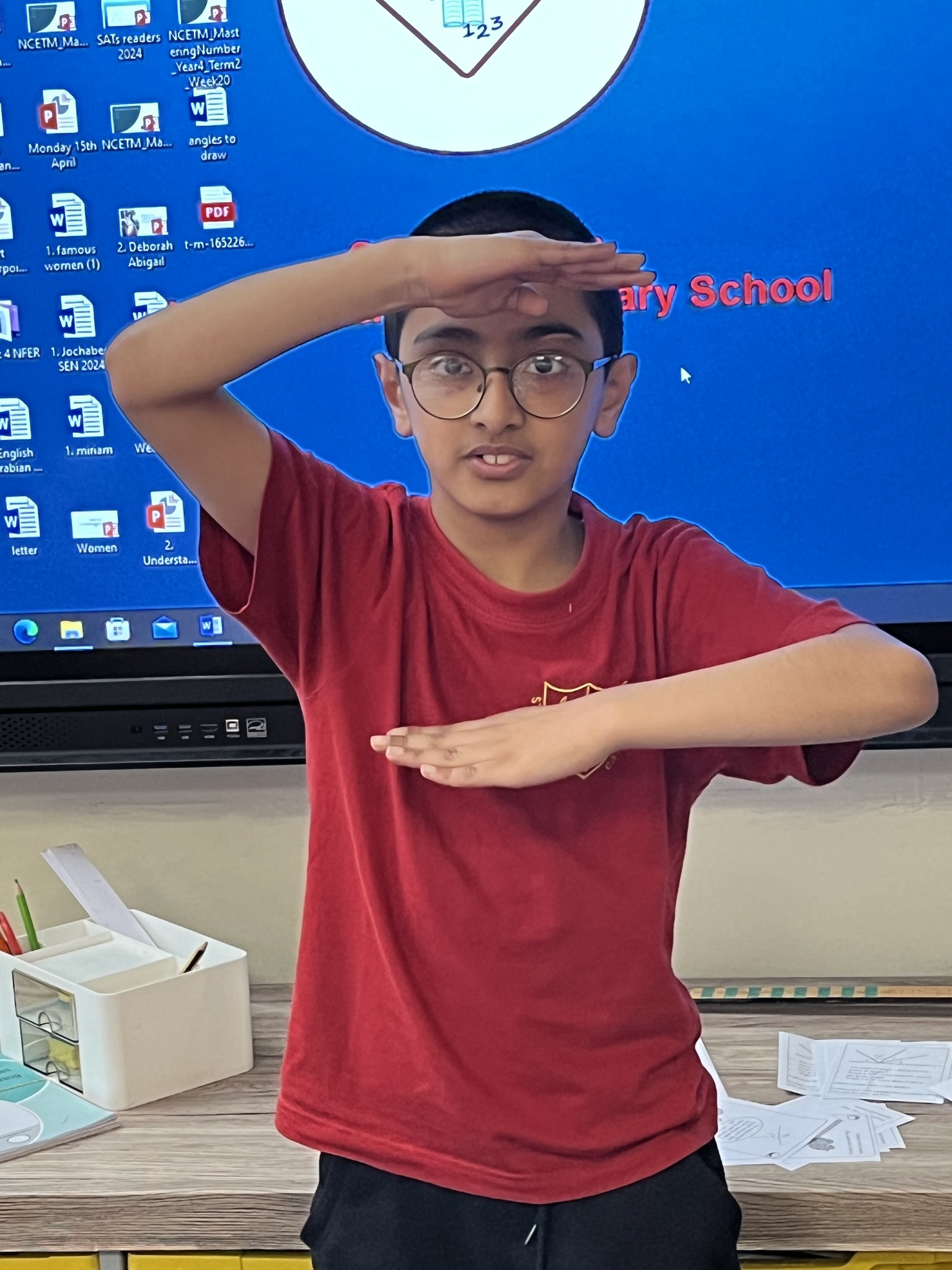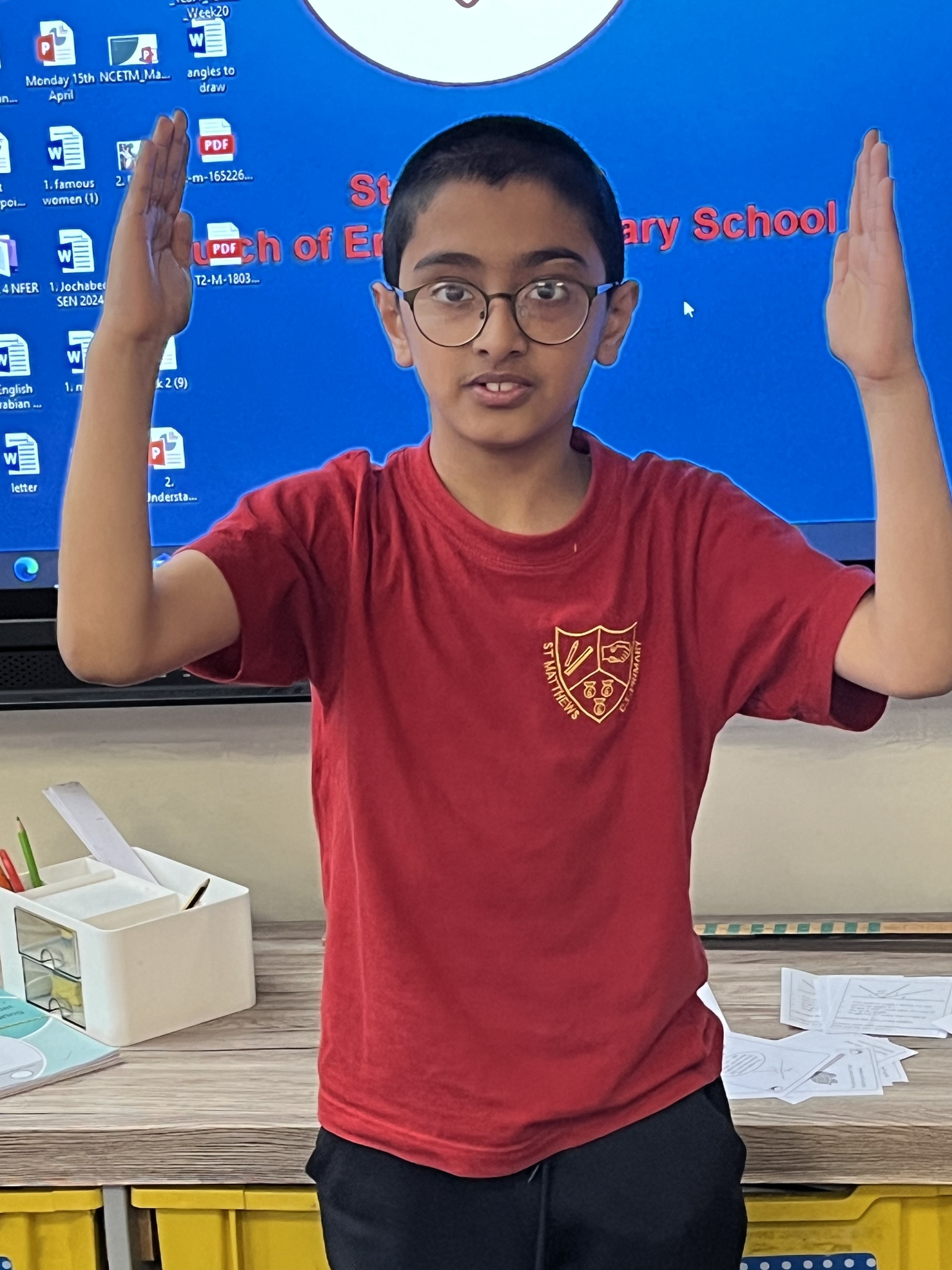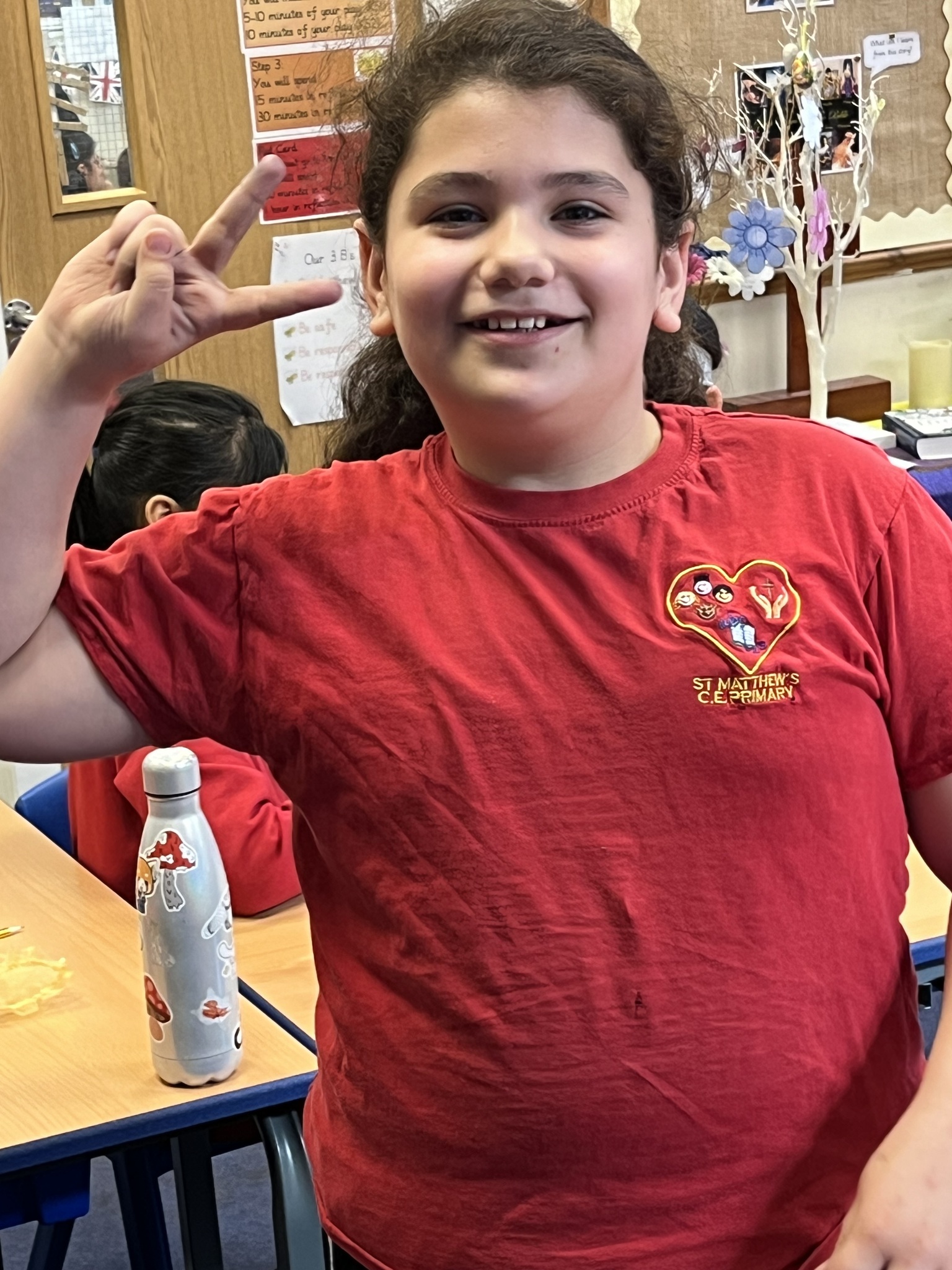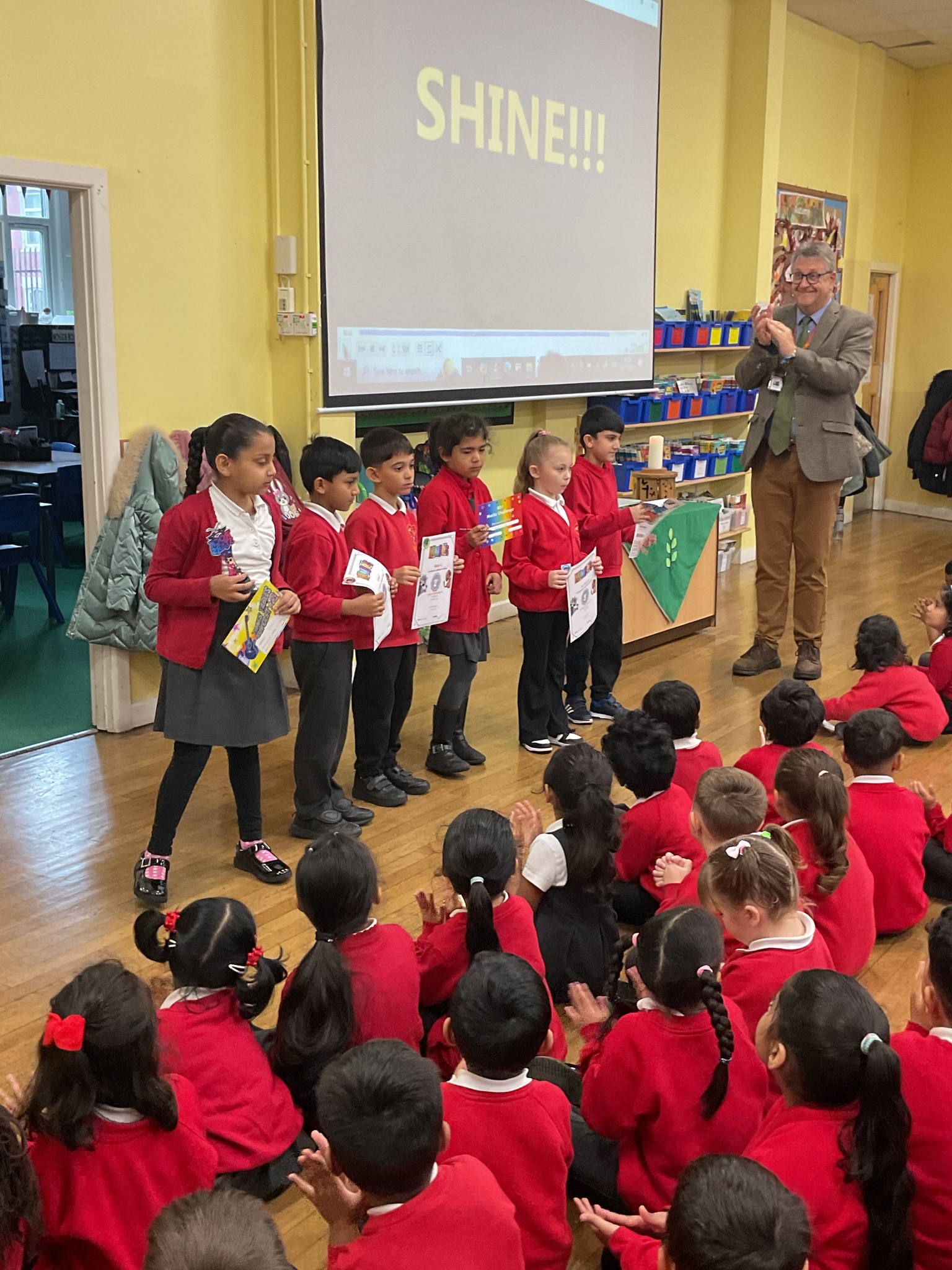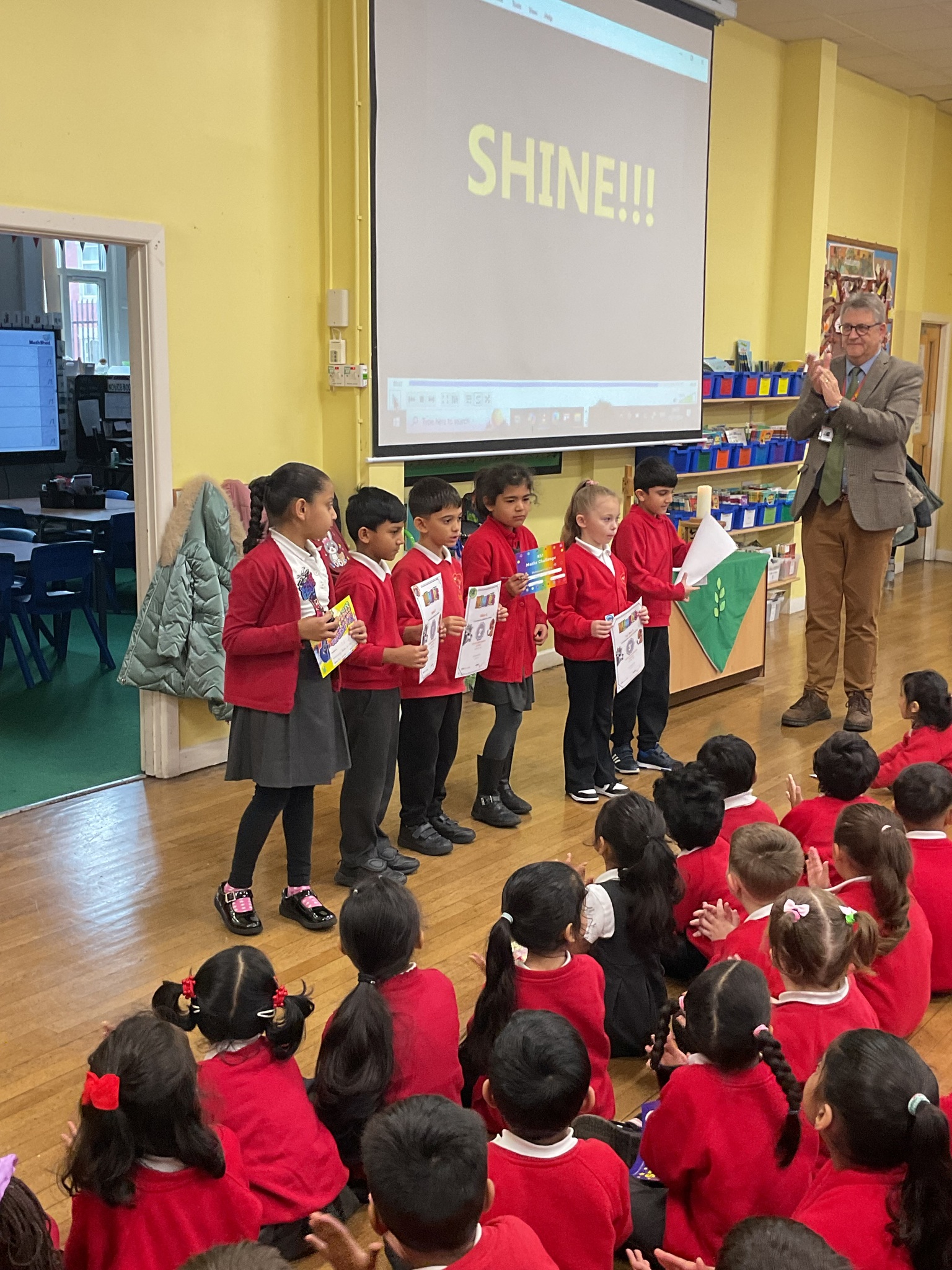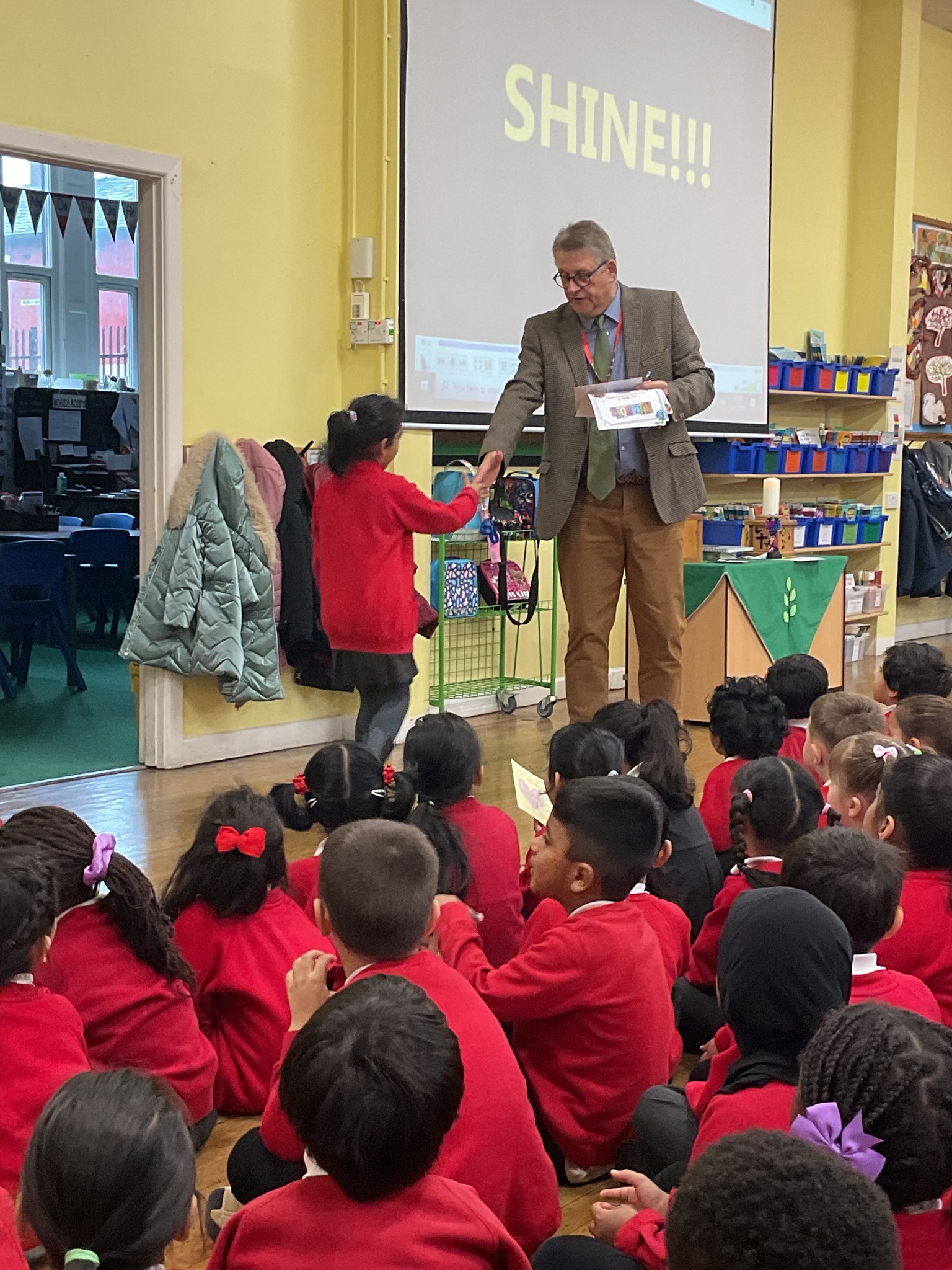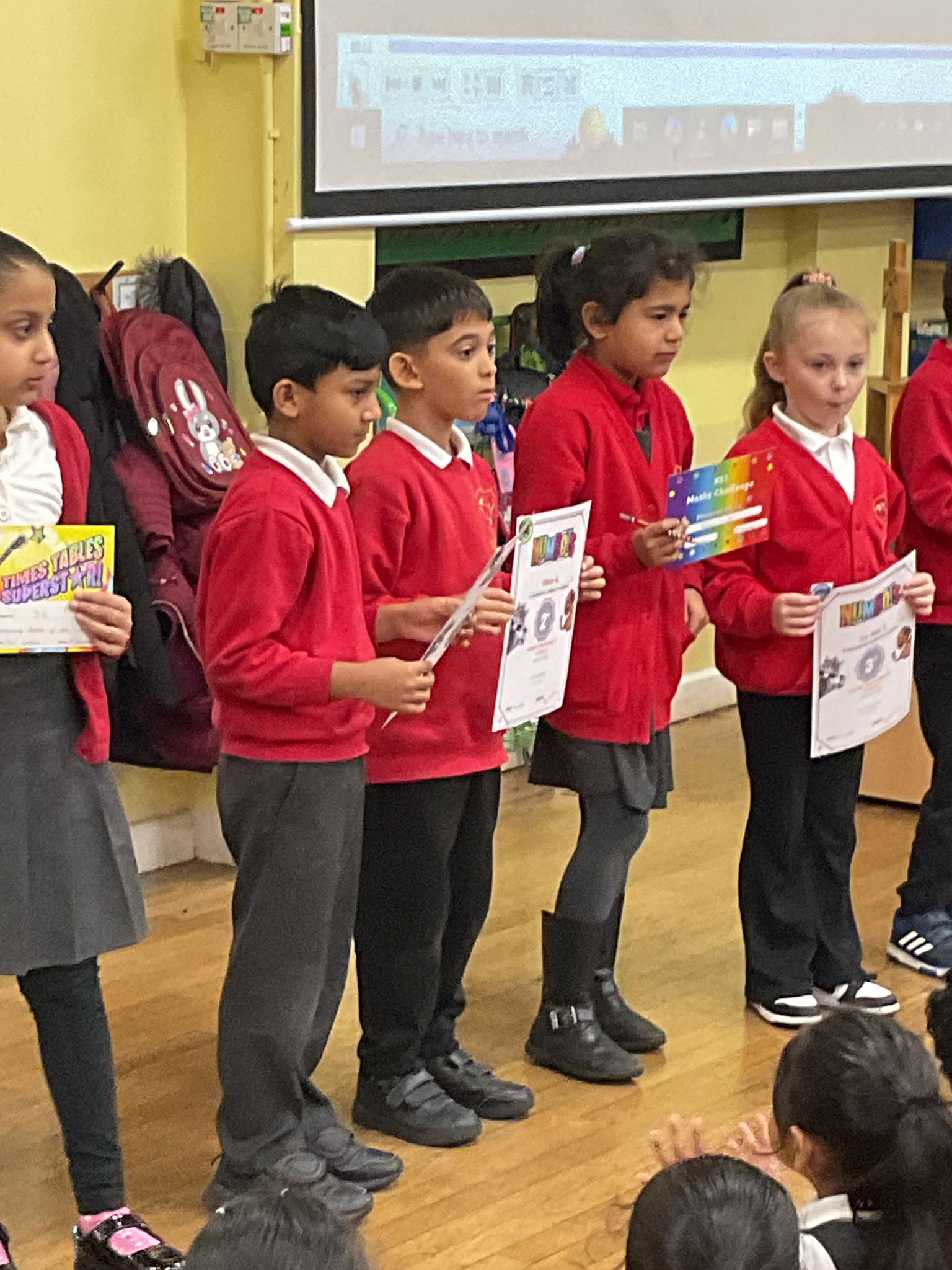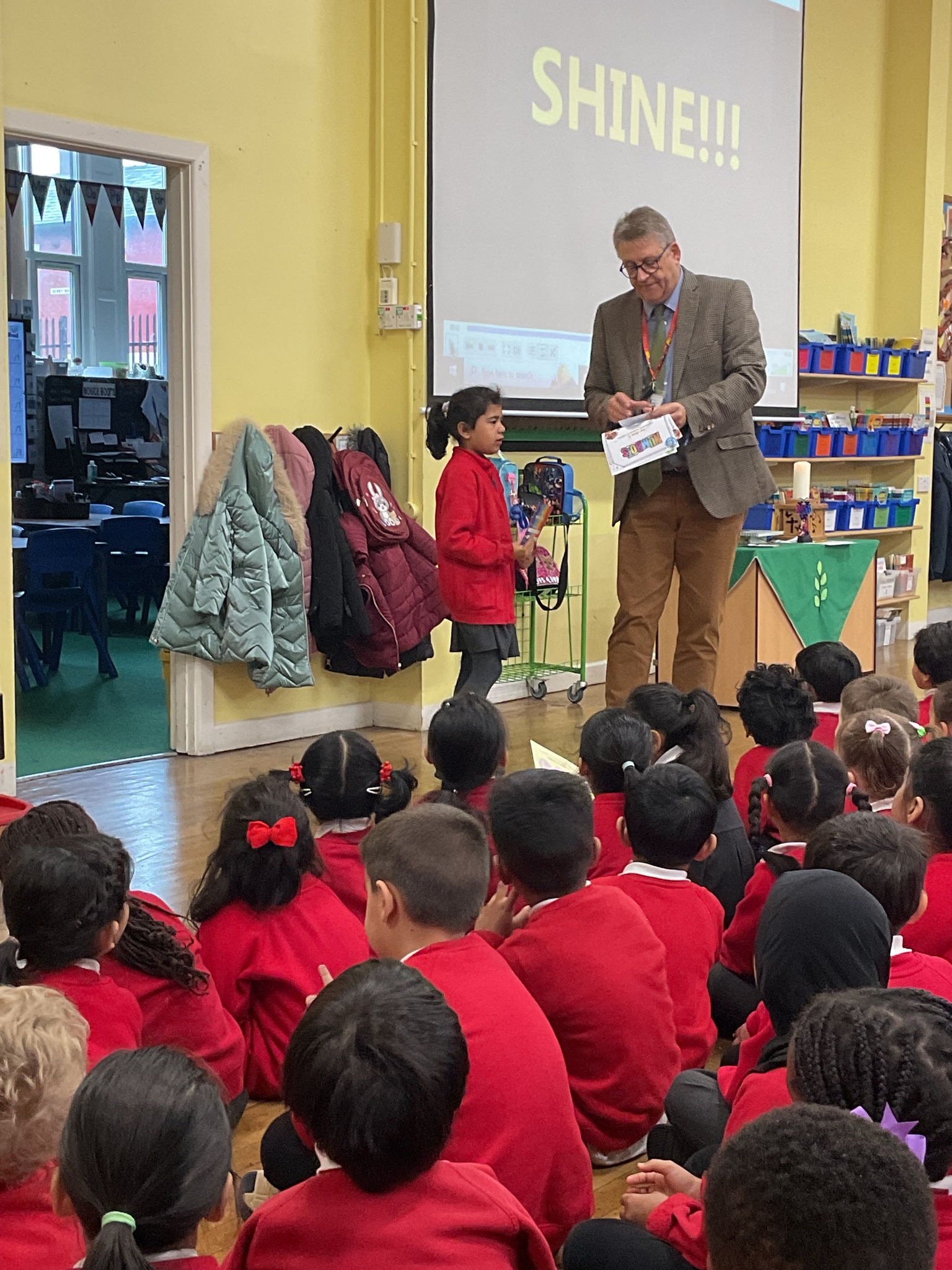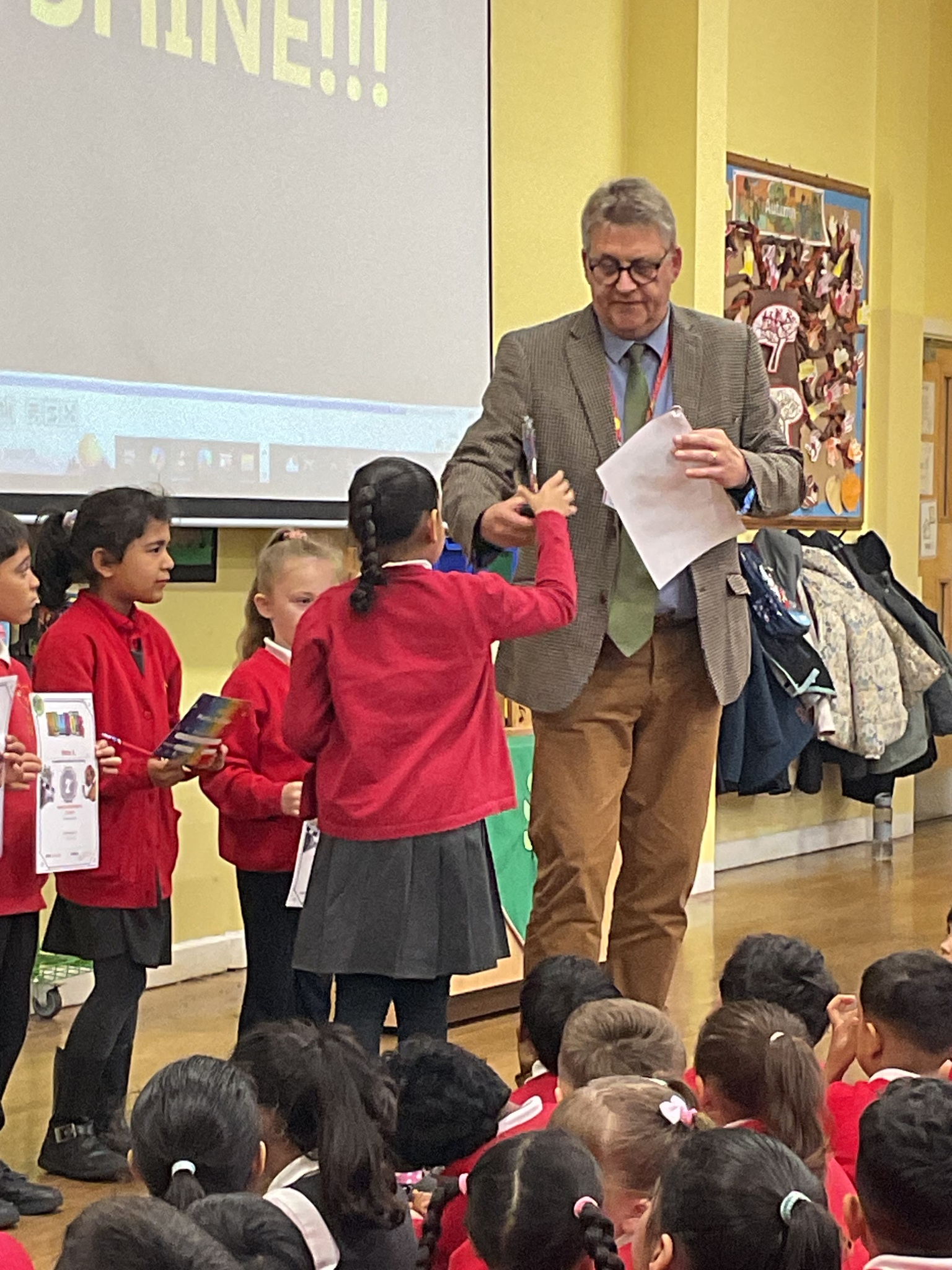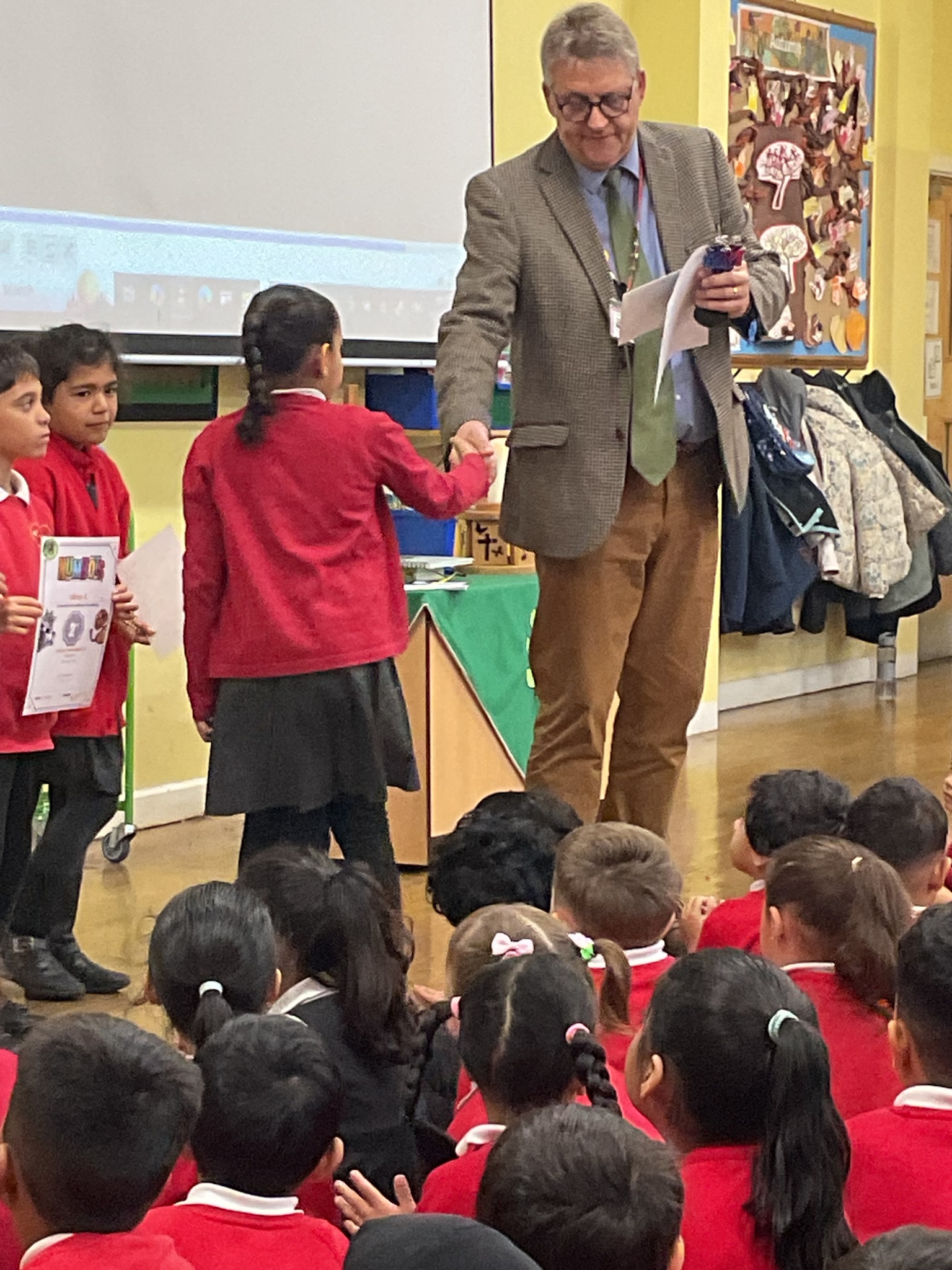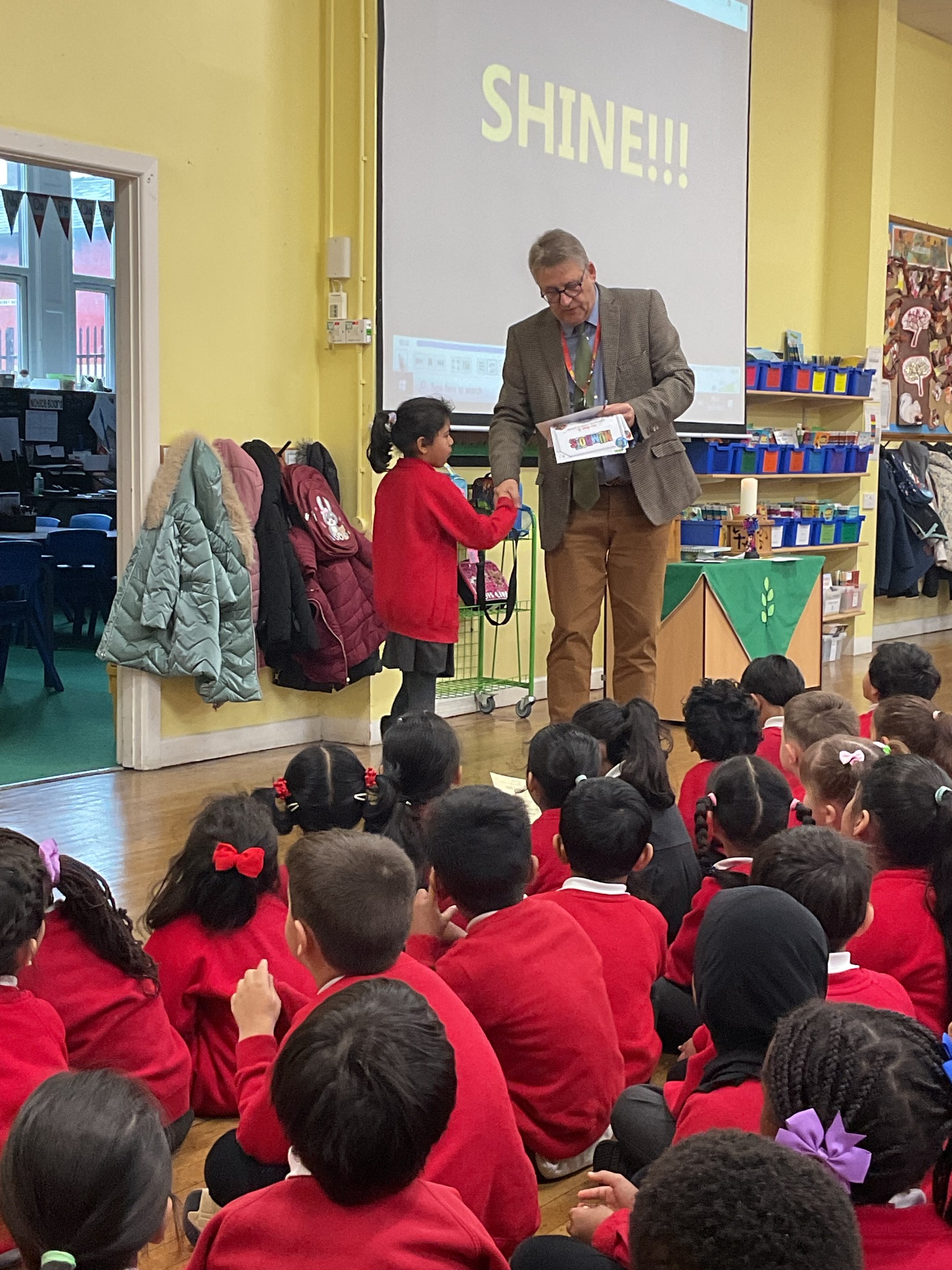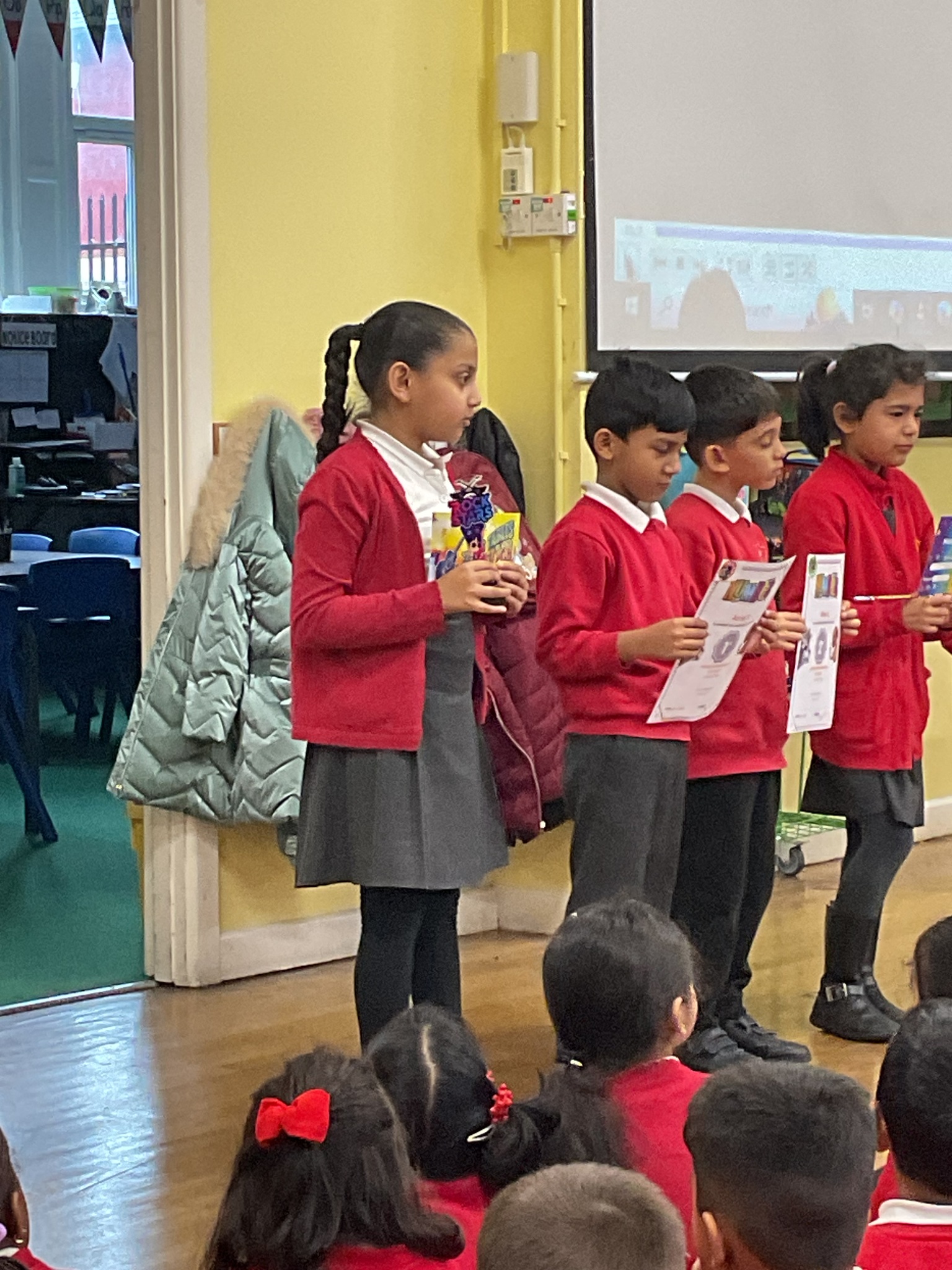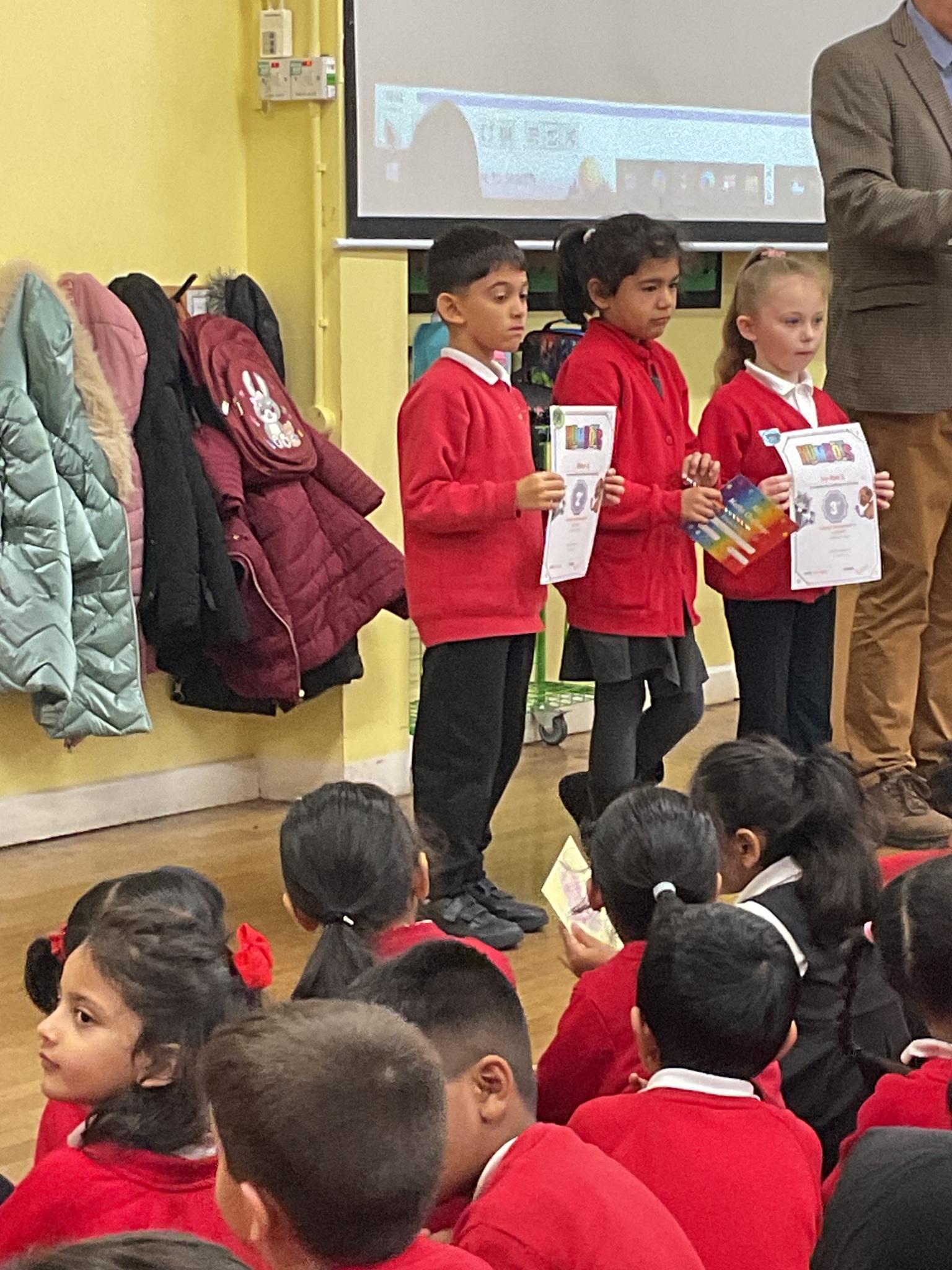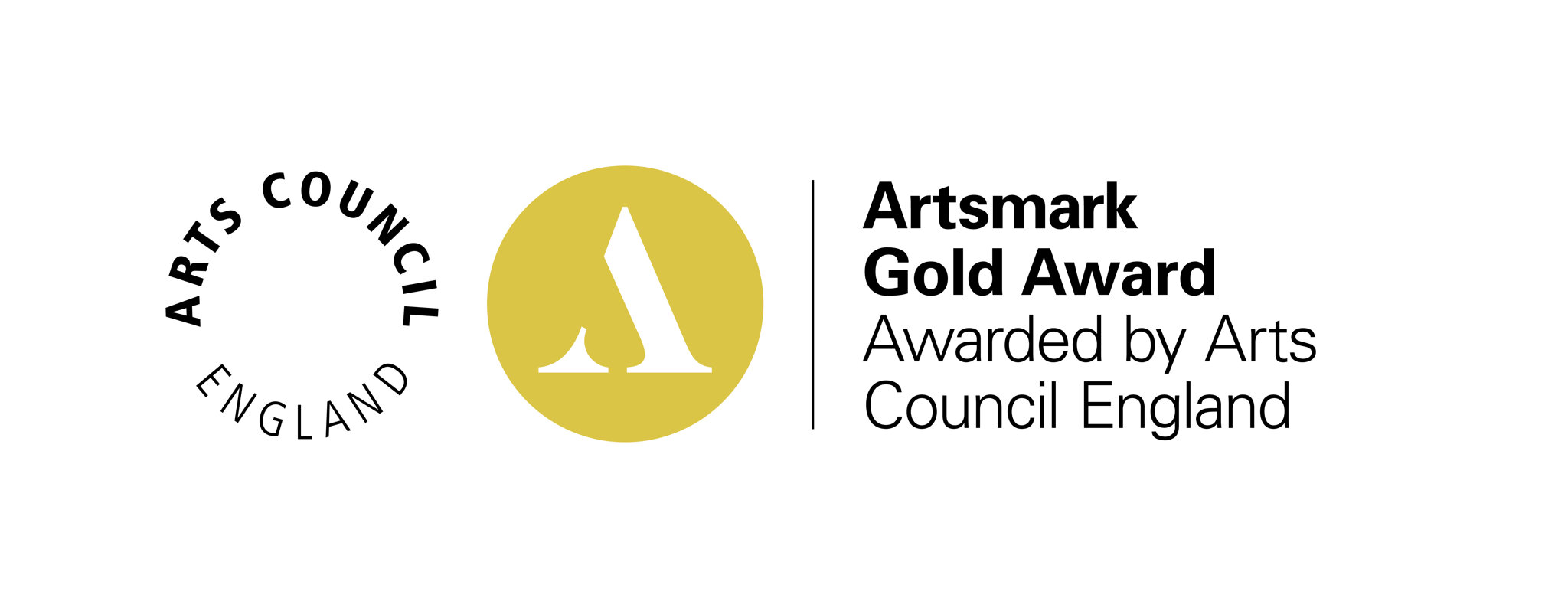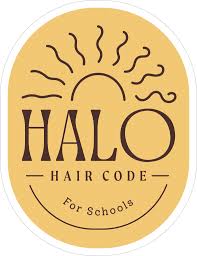Maths at St Matthew's
Maths Policy
Maths Intent, Implementation and Impact
Maths Curriculum Overviews
Maths Progression Maps
Maths in EYFS
These are our EYFS children settling into nursery and engaging in our maths curriculum. They have been exploring numbers, one to one correspondence, size, shape, patterns and measures already.
Maths in Reception
Learning by Heart Autumn
Learning by Heart - Spring
Learning by Heart - Summer
MASTERING NUMBER AT RECEPTION AND KS1 - Supporting pupils to develop good number sense.
We have been participating in the KS1 Mastering Numbers programme for 5 years+ now which aims at developing children’s fluency and flexibility with number.
We believe it helps secure firm foundations in the development of good number sense for all children from Reception through to Year 1 and Year 2. The aim over time is that our children will leave KS1 with fluency in calculation and a confidence and flexibility with number. Attention is given to key knowledge and understanding needed in Reception classes, and progression through KS1 to support success in the future.
Our aim is for our children to:
- develop and demonstrate good number sense,
- develop a secure understanding of how to build firm mathematical foundations.
The programme develops intentional teaching strategies focused on developing fluency in calculation and number sense for all children and develops understanding and use of appropriate manipulatives to support our teaching of mathematical structures.
The programme is delivered 3/4 times a week to Reception and KS1 children.
Year 1 Maths Mastery Event
We invited our Year 1 parents into school to share our mastery maths work with them. The children showed their adults all the fantastic work they have been doing in school.
MASTERING NUMBER AT KS2 - Securing firm foundations in multiplicative relationships.
We were fortunate enough to participate in the pilot project of Mastering Numbers KS2 in 2023-24 and have continued to use it in KS2 this year.
The programme acknowledges that the knowledge of multiplication and division and its applications, forms the single most important aspect of the KS2 curriculum, and is the gateway to success at secondary school. The project enables pupils in Years 4 and 5 to develop fluency in multiplication and division facts, and a confidence and flexibility with number that exemplifies good number sense.
Our aim for the children is to:
- develop automaticity in multiplication and division facts through regular practice.
- develop an understanding of how children progress in their knowledge and understanding of multiplicative concepts.
Throughout the year, the staff in years 4 and 5 have worked as part of a professional learning community to refine our practice.
The programme is delivered to Y4 and 5 classes 4/5 times a week for 15 minutes at a time.
Maths intervention – EEF research project
1stclass@Number – Year 2
In 2023-24, we participated in a trial to test the impact of 1stClass@Number 1 programme, a 10-week targeted intervention to support children struggling with numeracy in Year 2 (commissioned by EEF). Due to the success of the trial programme, we have chosen to continue with 1stClass@Number 1 programme with some of our children in Y2 to further develop their language and mathematical skills.
The programme supports children struggling with numeracy in Year 2. It consists of around 30 half-hour lessons, delivered three times a week for 10 weeks in addition to normal mathematics instruction. Children involved in the intervention spend approximately 15 more hours on numeracy. The focus is on key aspects of number which can cause particular difficulties for children at this age.
Trained staff work from detailed lesson plans, which are adapted based on what they learn from formative assessments. It helps children to think and talk about their mathematics and develop metacognitive skills.
There has been one previous EEF trial of 1stClass@Number 1. The result of that trial suggested that the children taking part in the intervention made two months’ + additional progress in maths, on average, compared to other children.
EEF Mathematical Reasoning in Y2 Trial 2024-25
One Year 2 class will be participating in the above maths trial. The Mathematical Reasoning trial is a 12 to 15-week programme developed by the University of
Oxford for pupils in Year 2. The programme aims to improve mathematical attainment by developing pupils’ understanding of the logical principles underlying mathematics, primarily:
- Quantitative Reasoning - the ability to reason about quantities and relations between quantities with or without numbers; and
- Arithmetic - the ability to reason about relations between numbers using the four operations, with a specific focus on additive composition and the inverse relation between addition and subtraction.
This will run alongside the regular maths that takes place. It will consist of a mixture of taught sessions and online games for the children to access.
At St Matthew’s we use Learning By Questions to support and enhance our teaching of Mathematics. This aligns with our use of White Rose Maths and allows children to access Maths digitally both in school and from home. We use it from years 3-6 on a regular basis to support learning. In year 6 we use it to diagnose gaps in learning which then addresses future teaching. This also allows children to have homework assigned which is personalised to their individual needs. 
We use TT Rockstars to promote timetables in KS2. Each week a battle is set between two classes. The classes are encouraged to take part, and the winning class receives the trophy for their class along a certificate for the most valuable player.
In KS1 we use Numbots to help the understanding and fluency of mental addition and subtraction. Each week the children with the most improved scores receive a certificate and sticker.
For children in Nursery/Reception and KS1 Number Blocks delivers essential numeracy skills and is a great way to help your child to learn the basic numbers to 10 and relationships between these numbers.
Example Maths Challenges
These are a selection of challenges which are available each week for children to enter. Winners are announced every Friday in assembly.
Nottingham's Number Fluency Program
Useful websites
https://www.ncetm.org.uk/ - National Centre for Excellence in the Teaching of Mathematics
https://ttrockstars.com/ - Times Table Rockstars
https://www.education.com/games/math/
https://www.topmarks.co.uk/Search.aspx?q=maths
